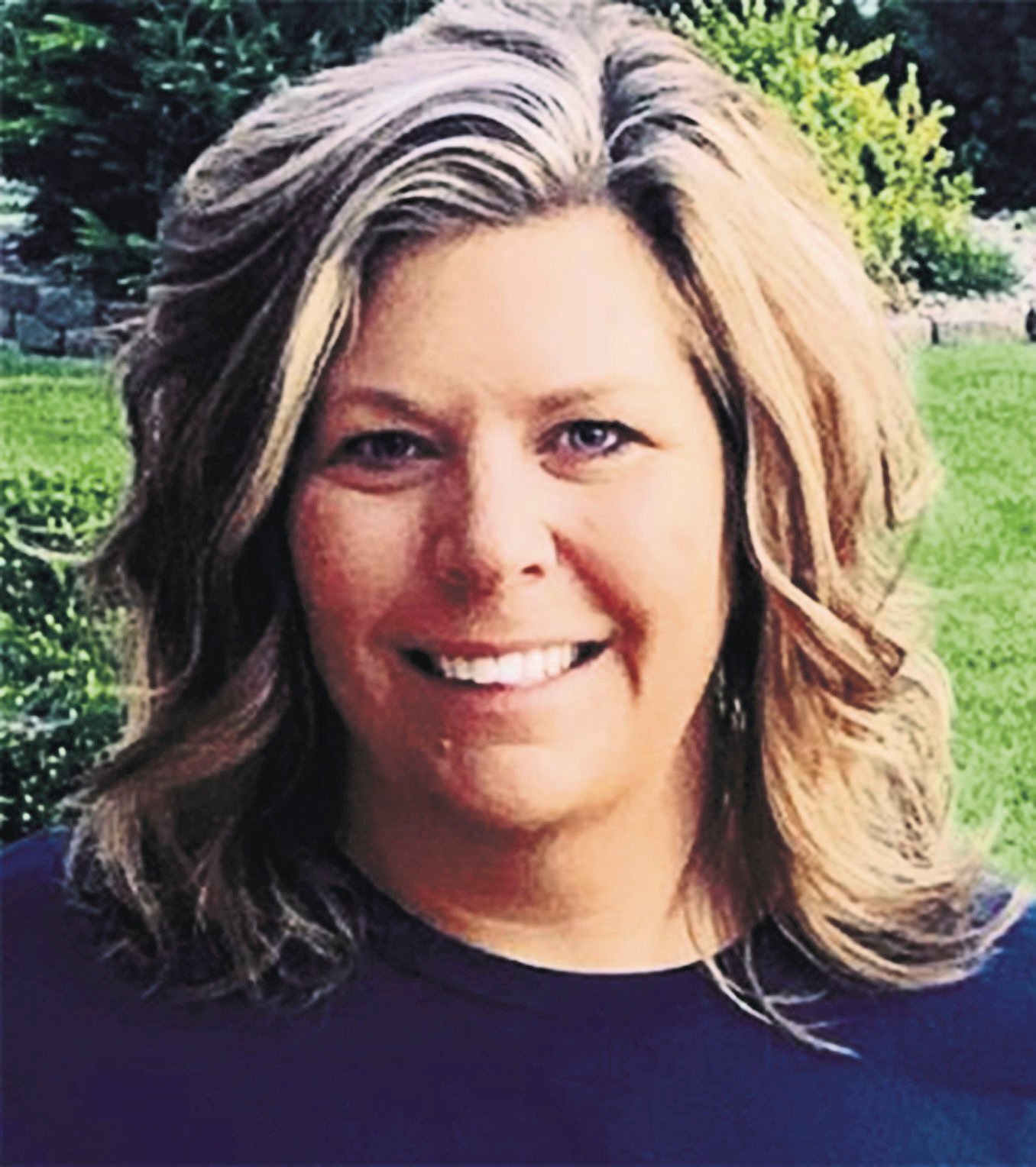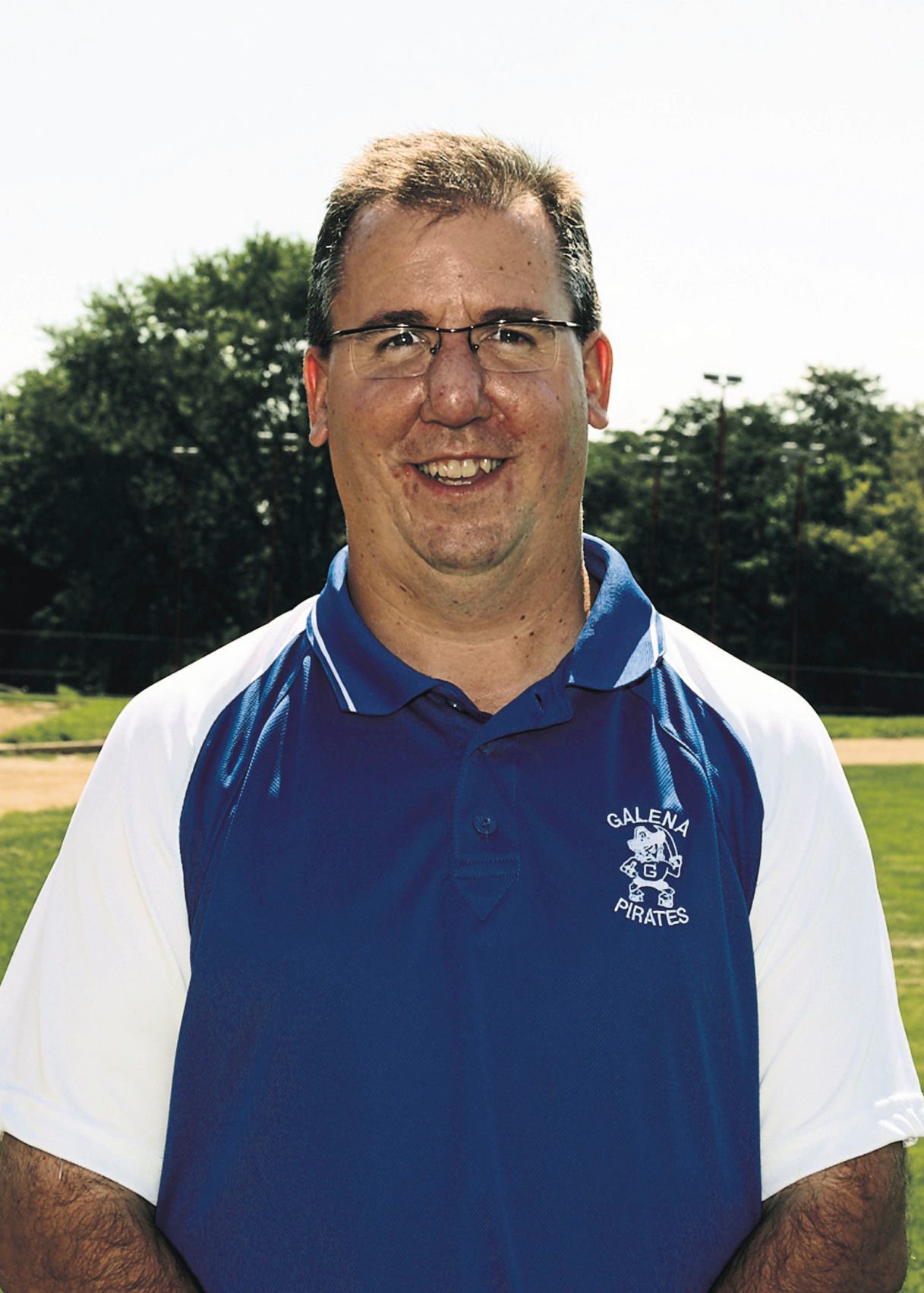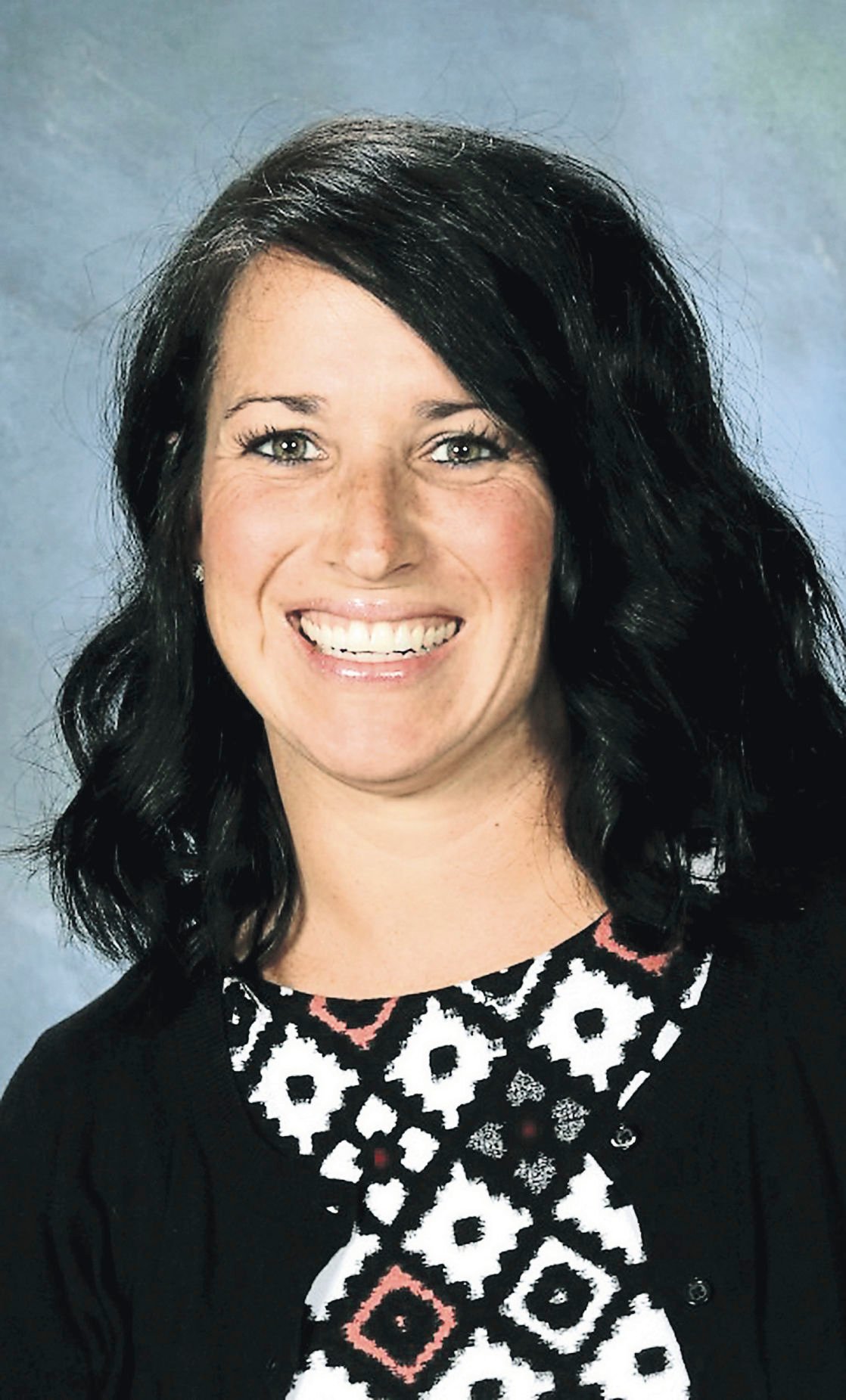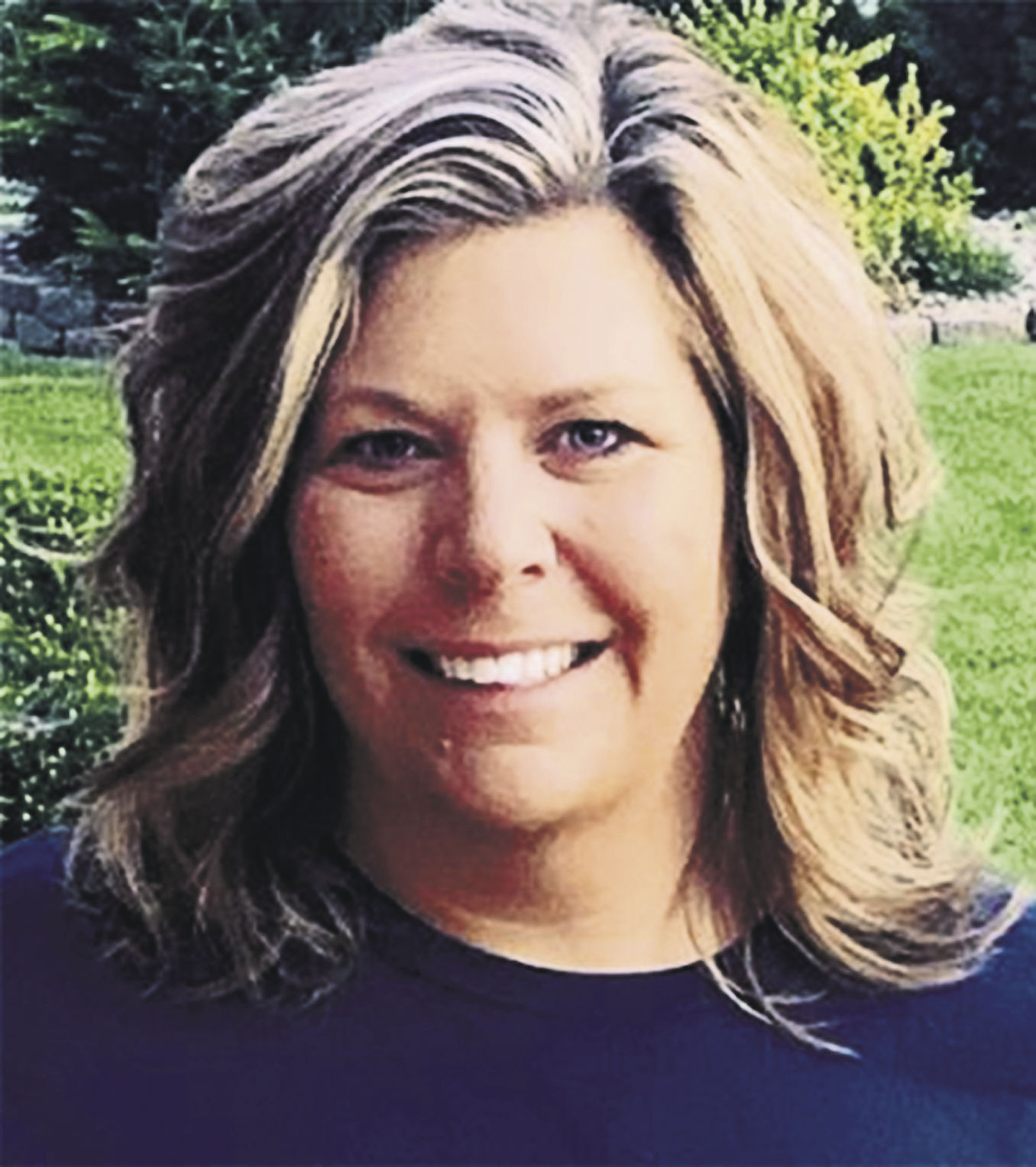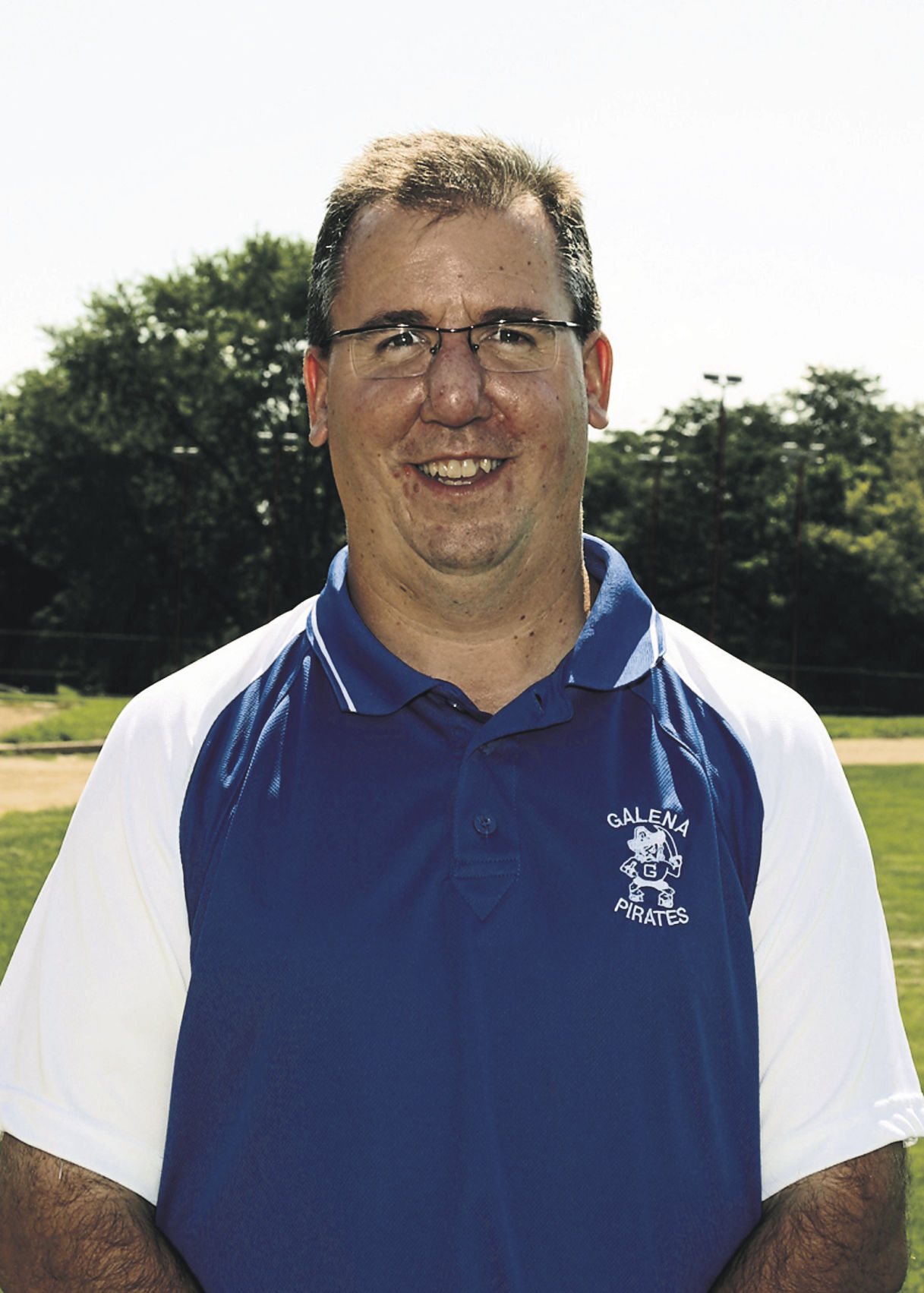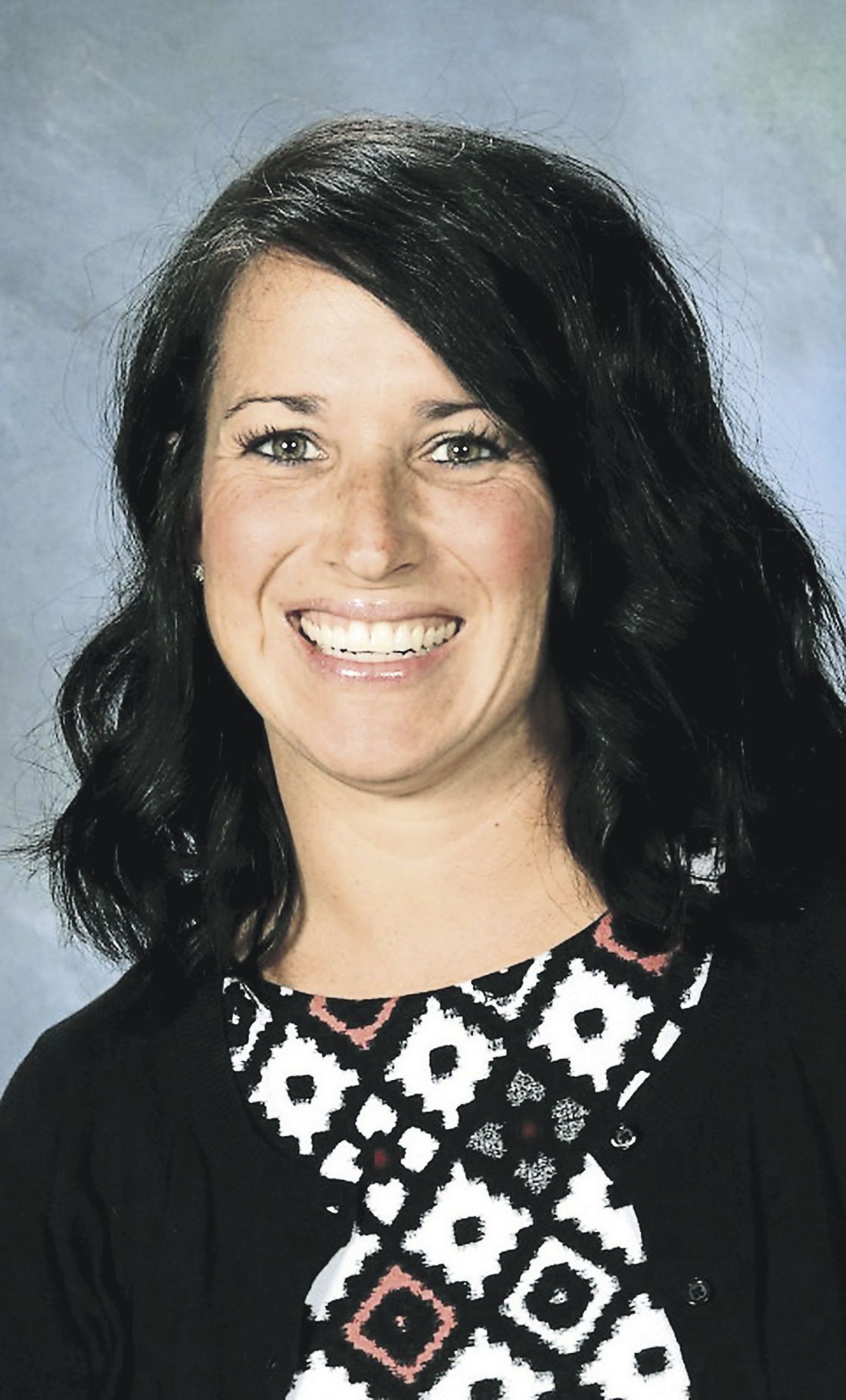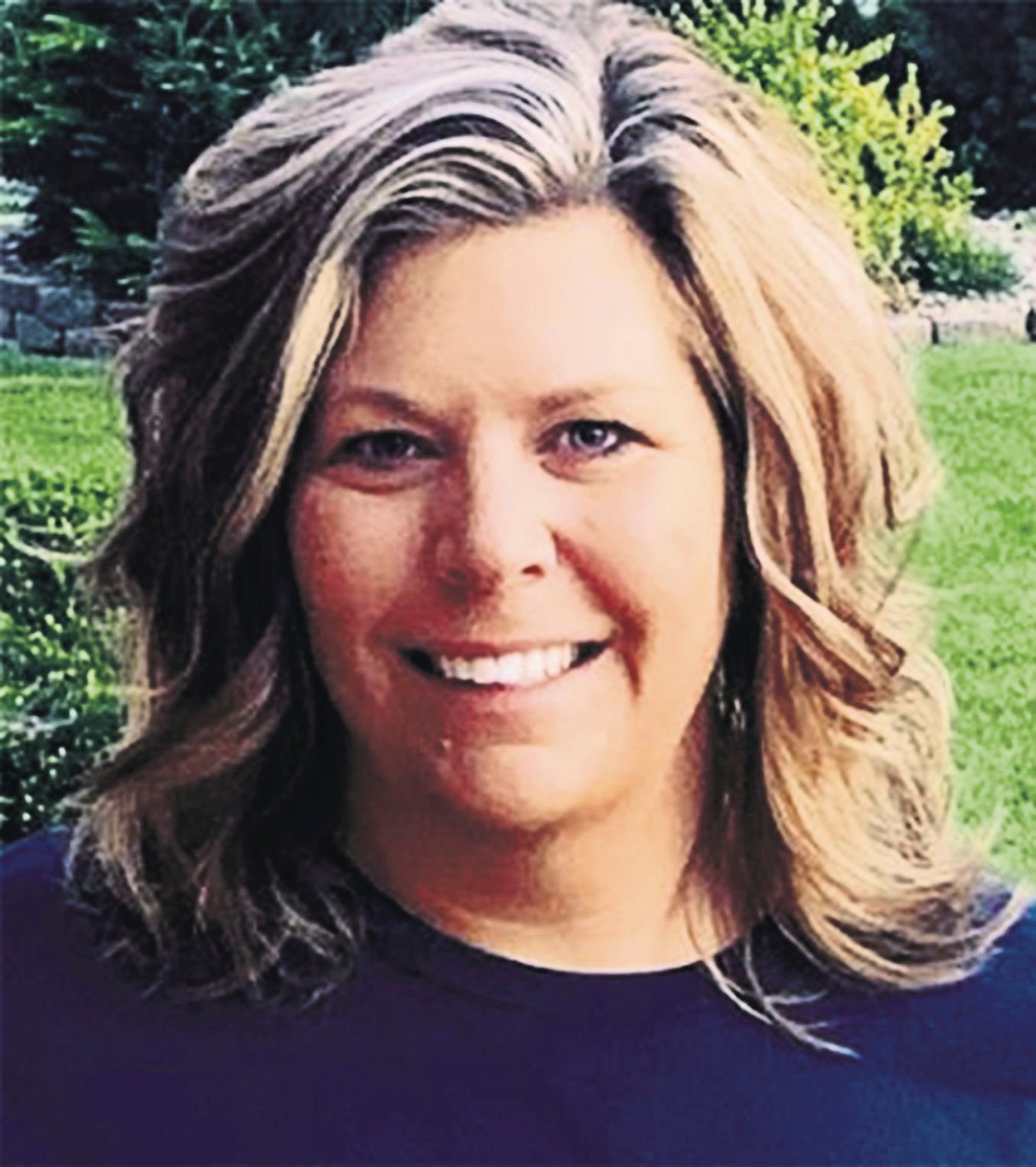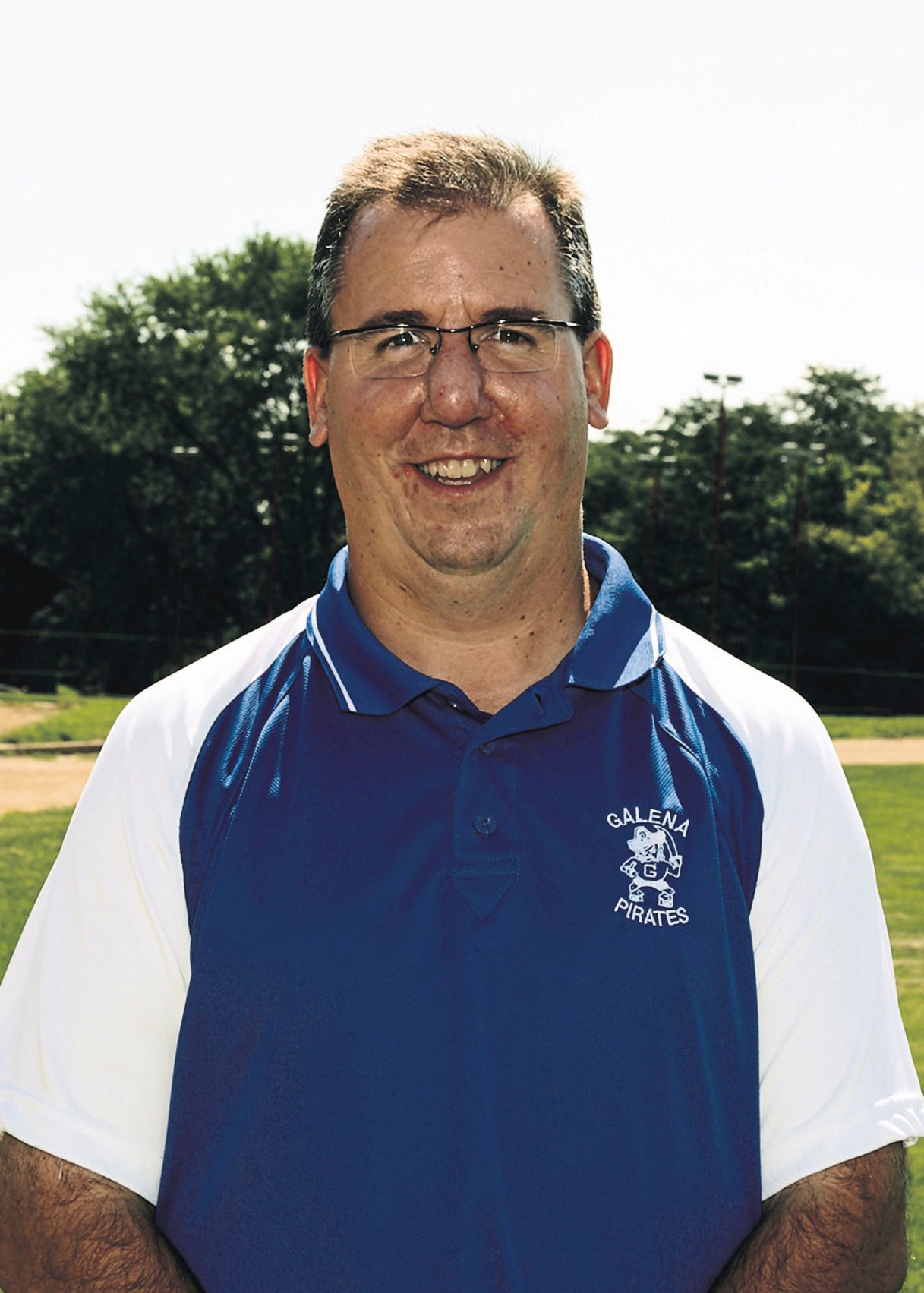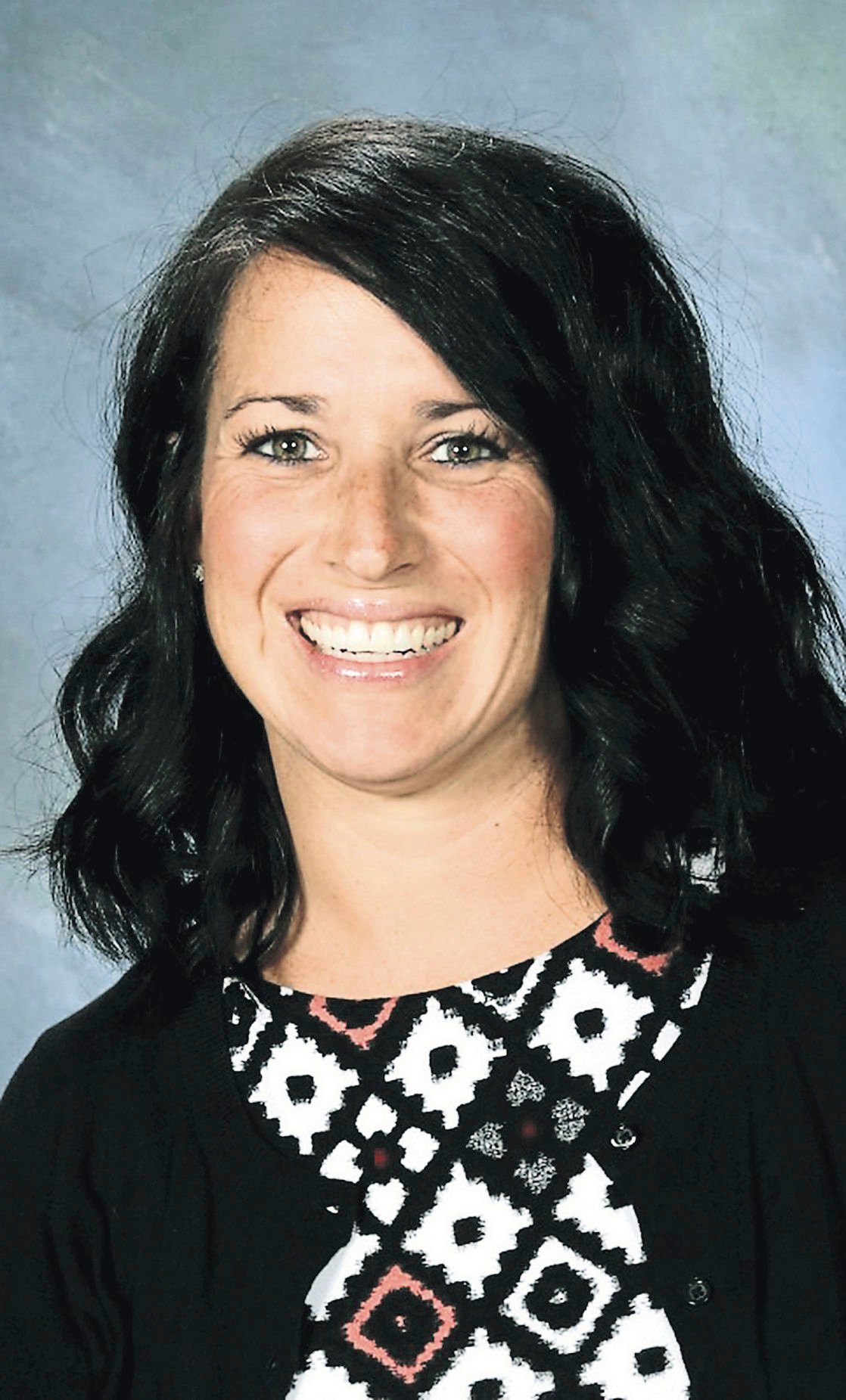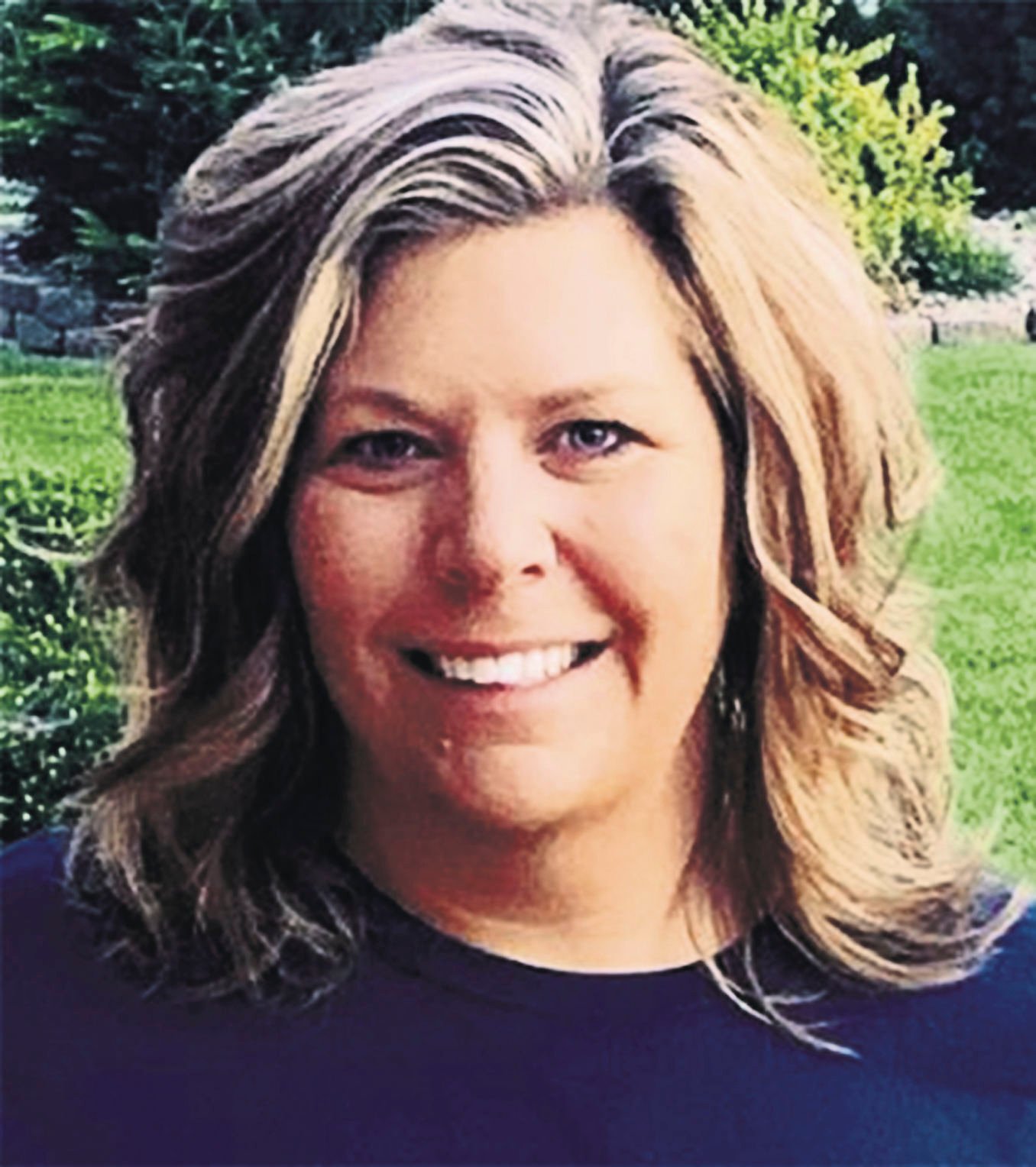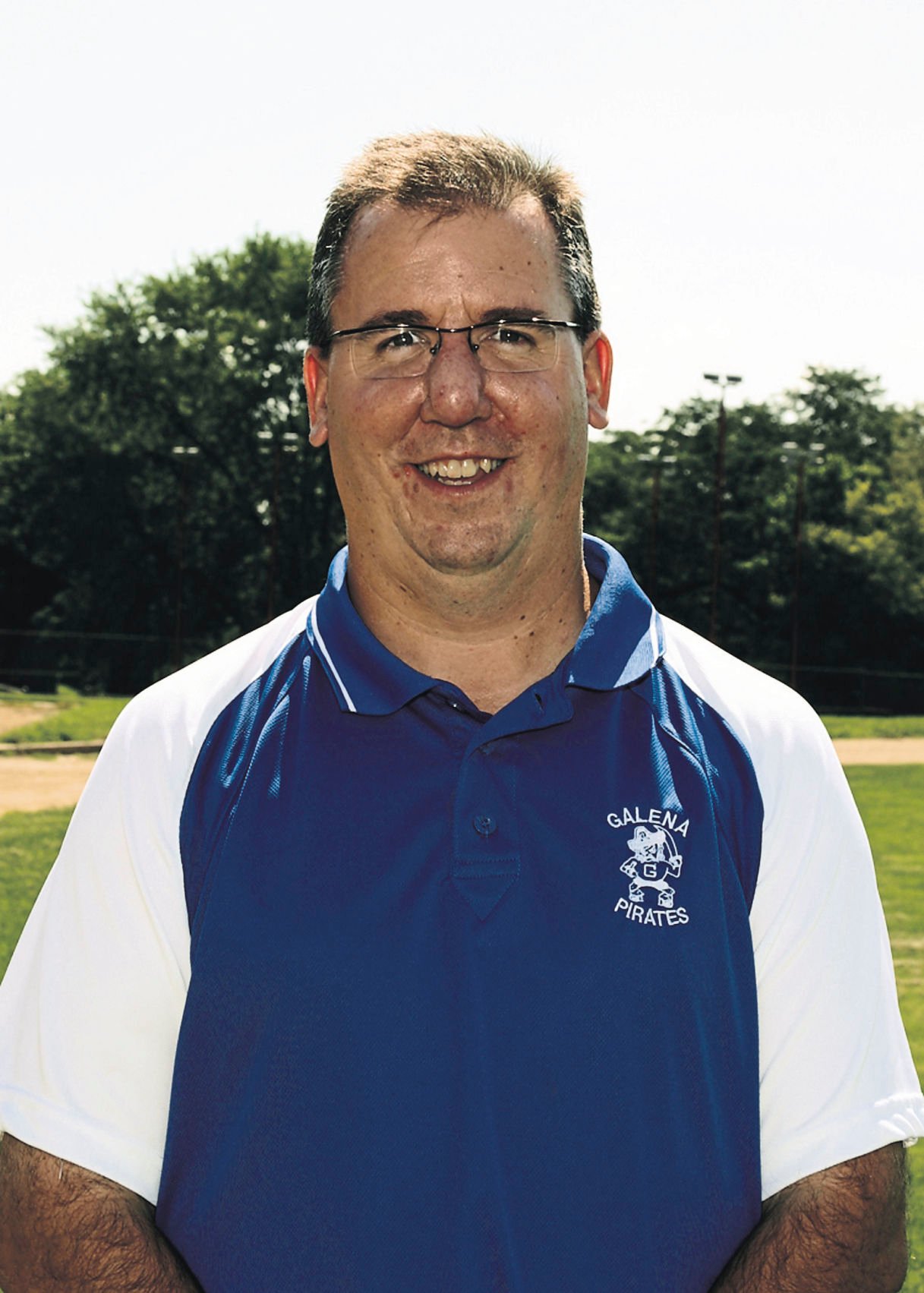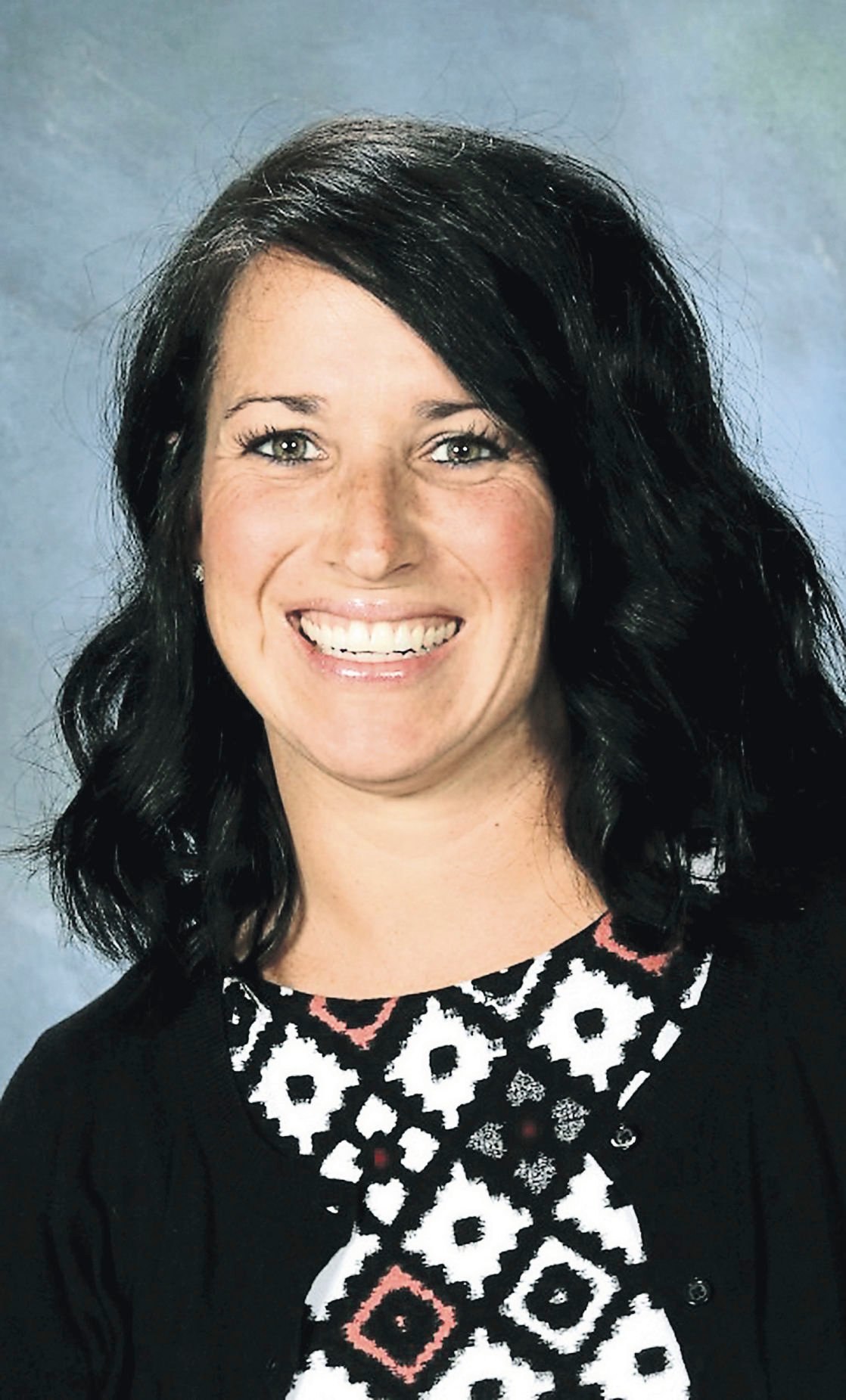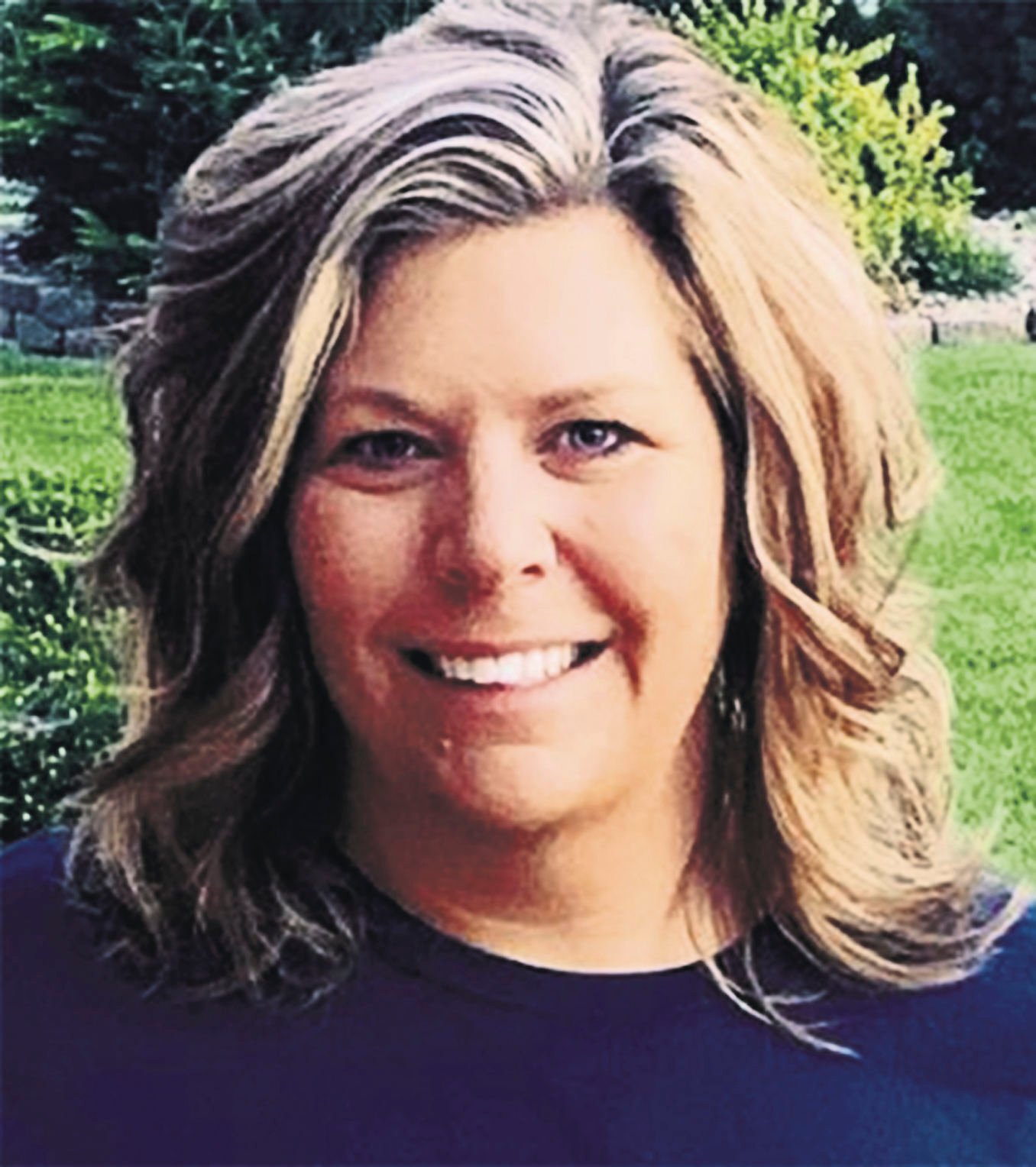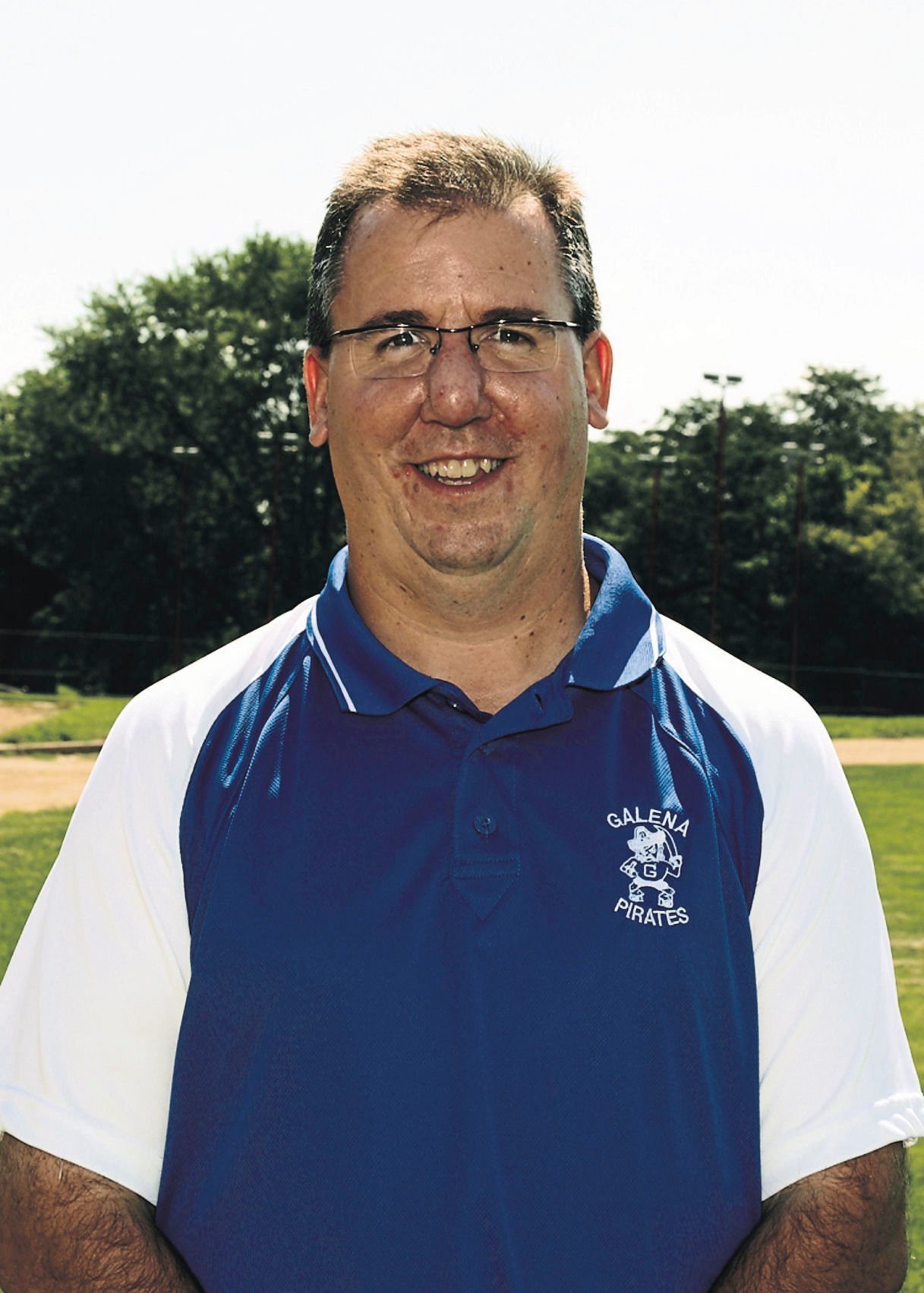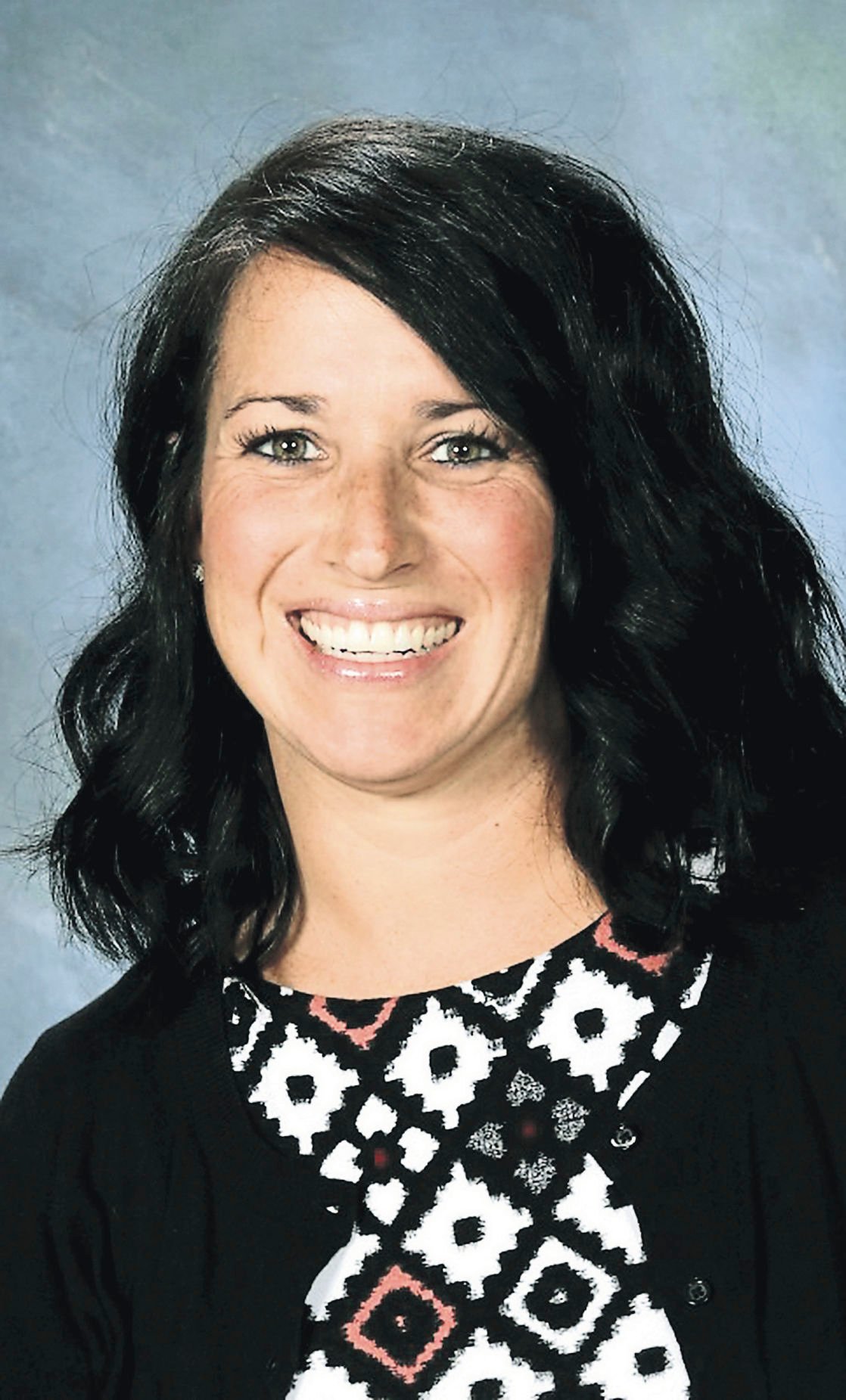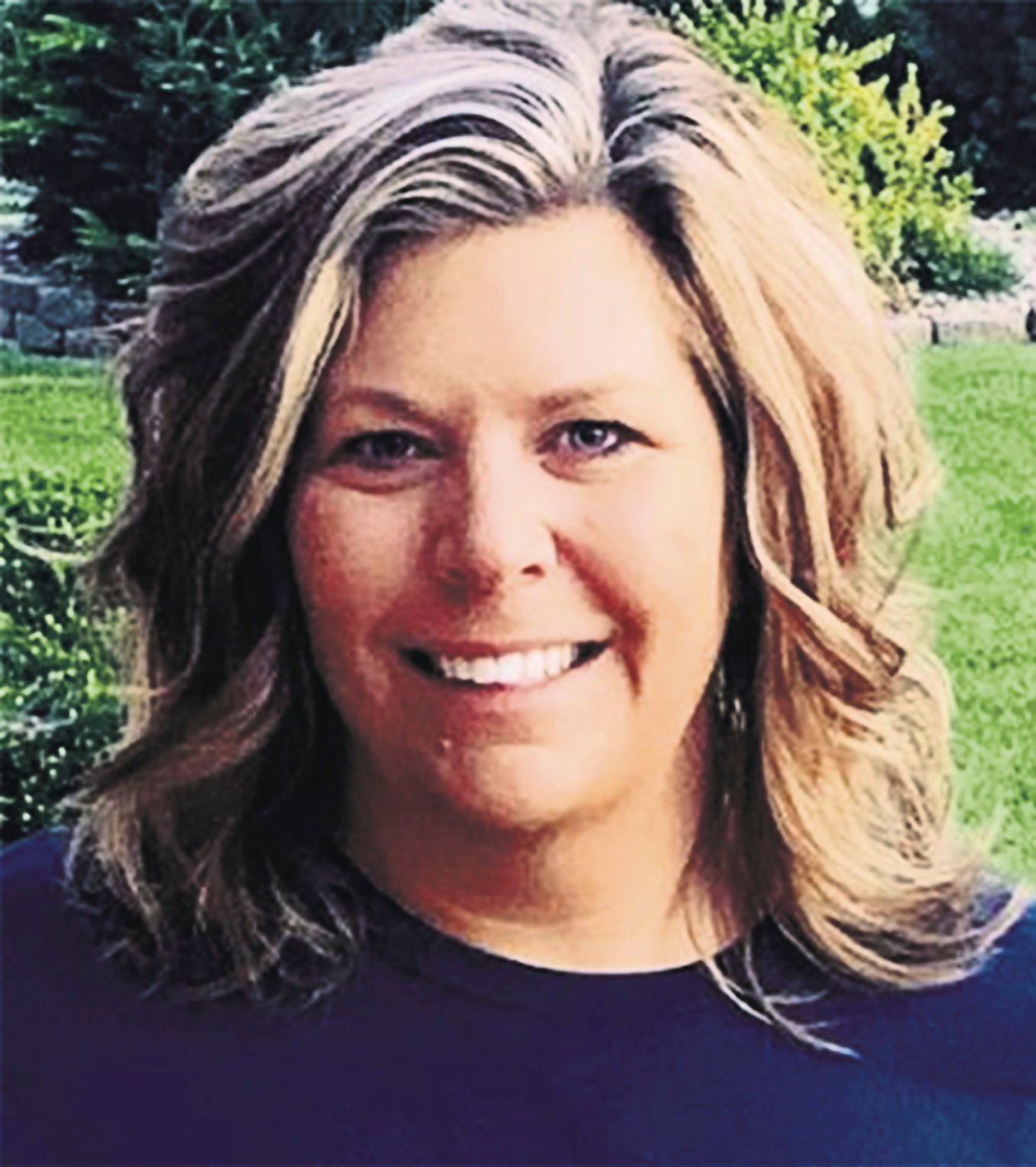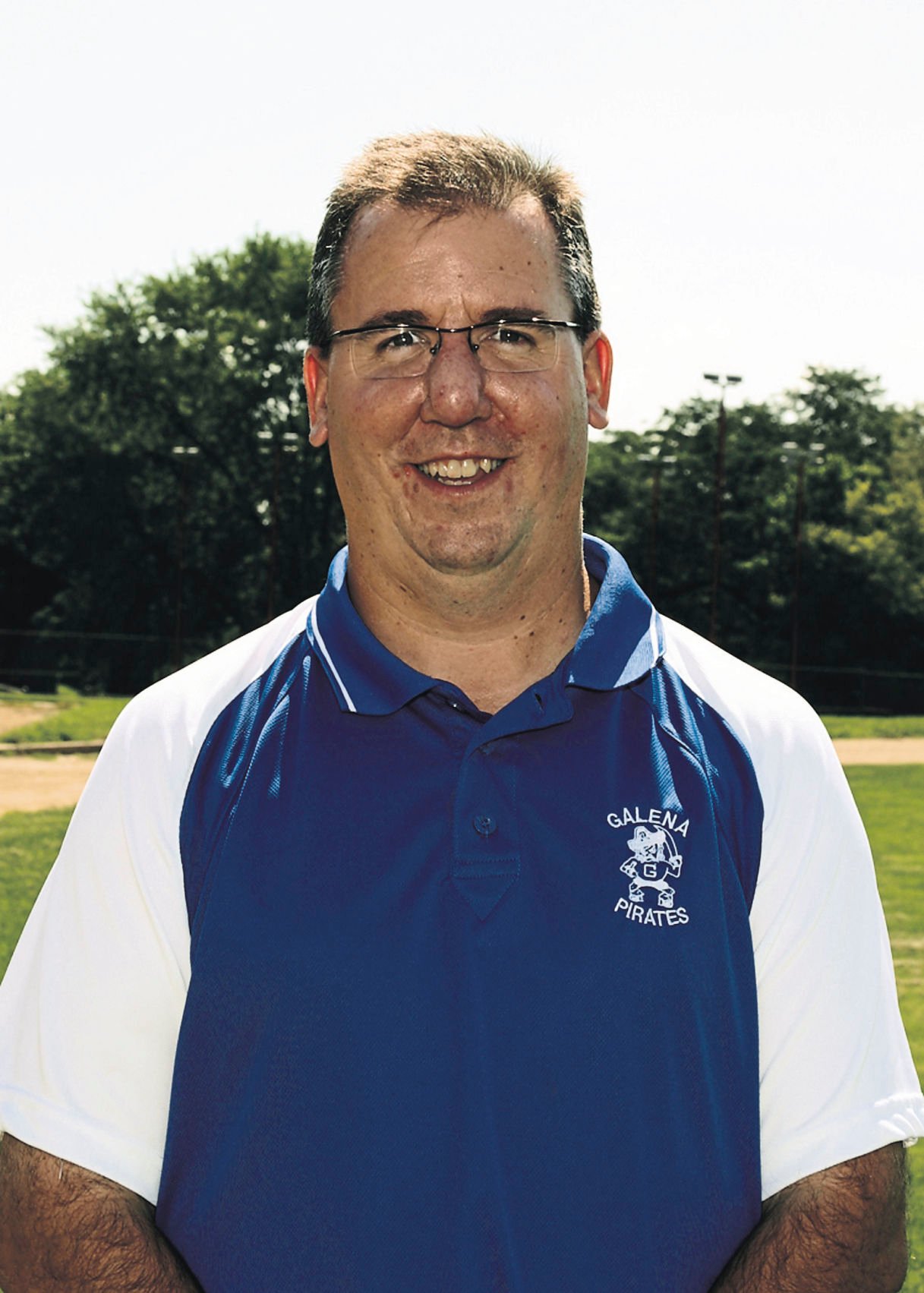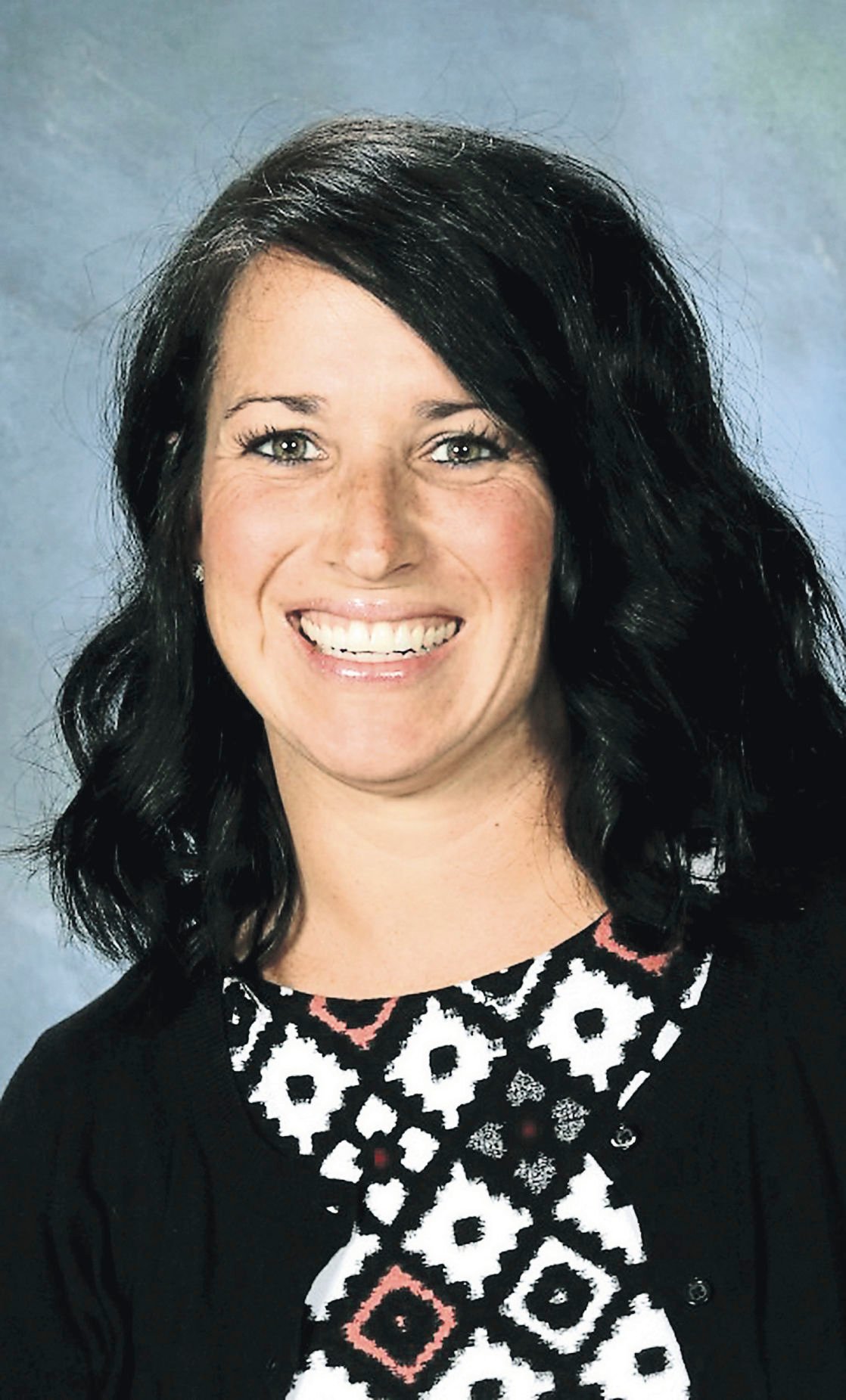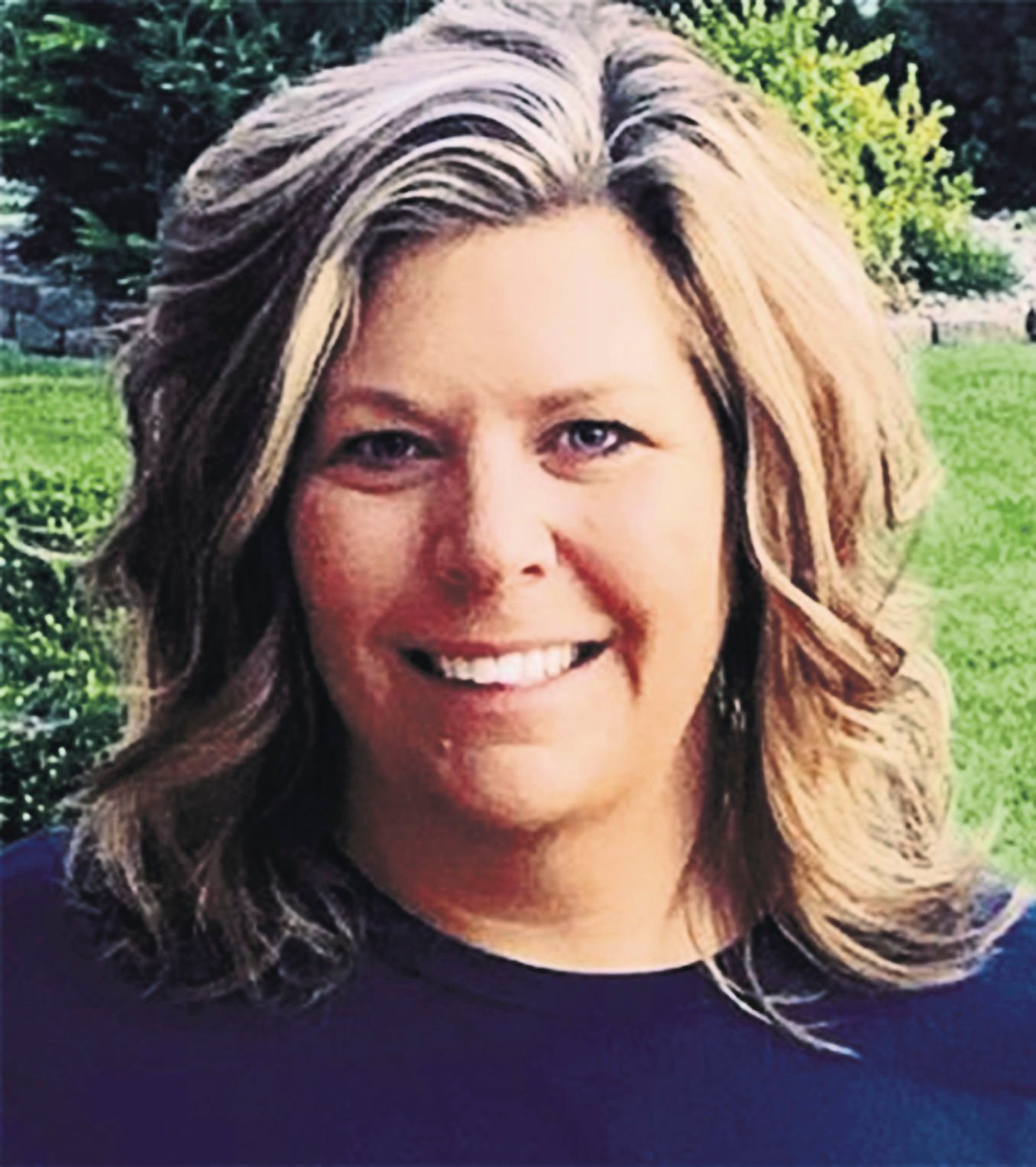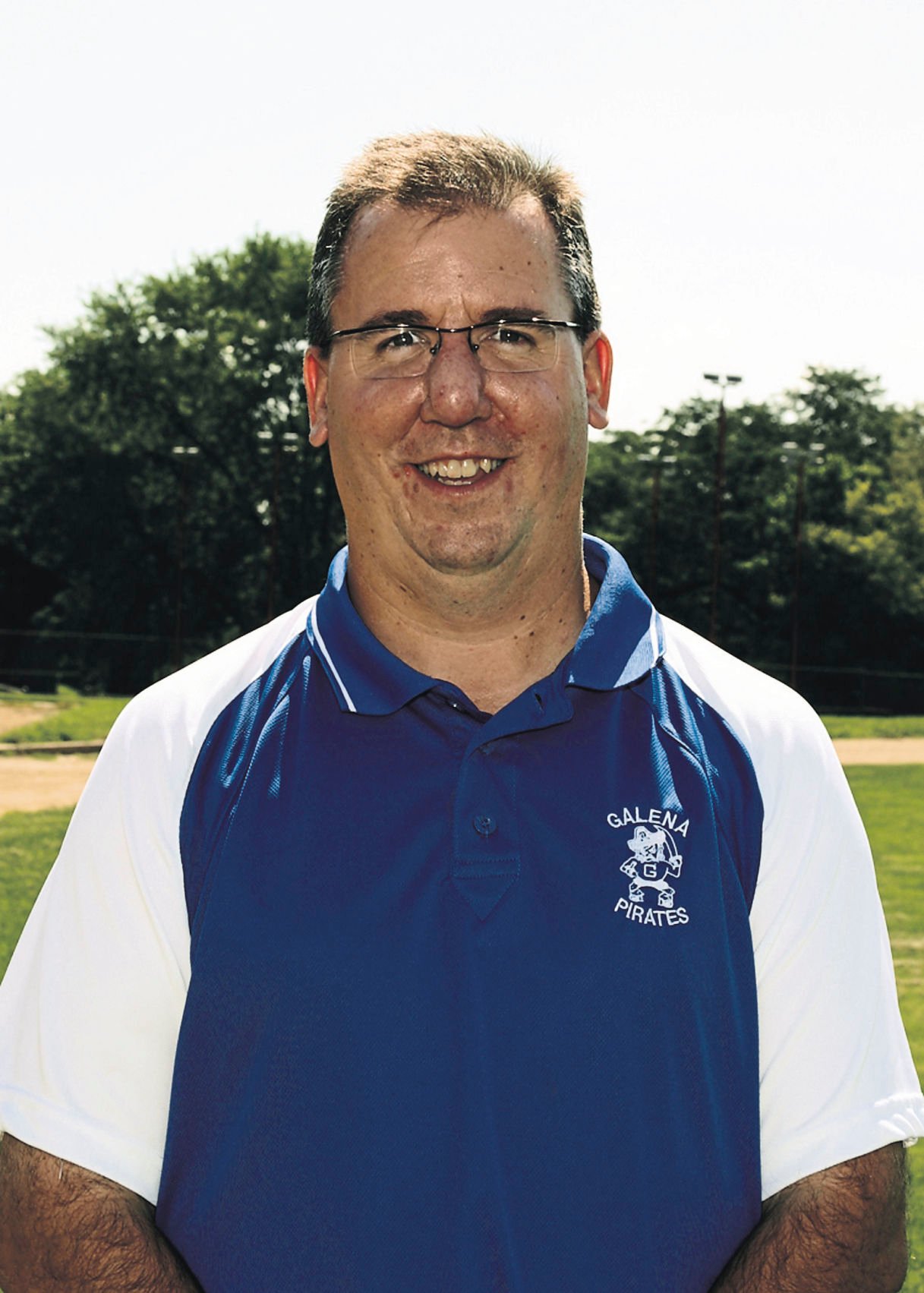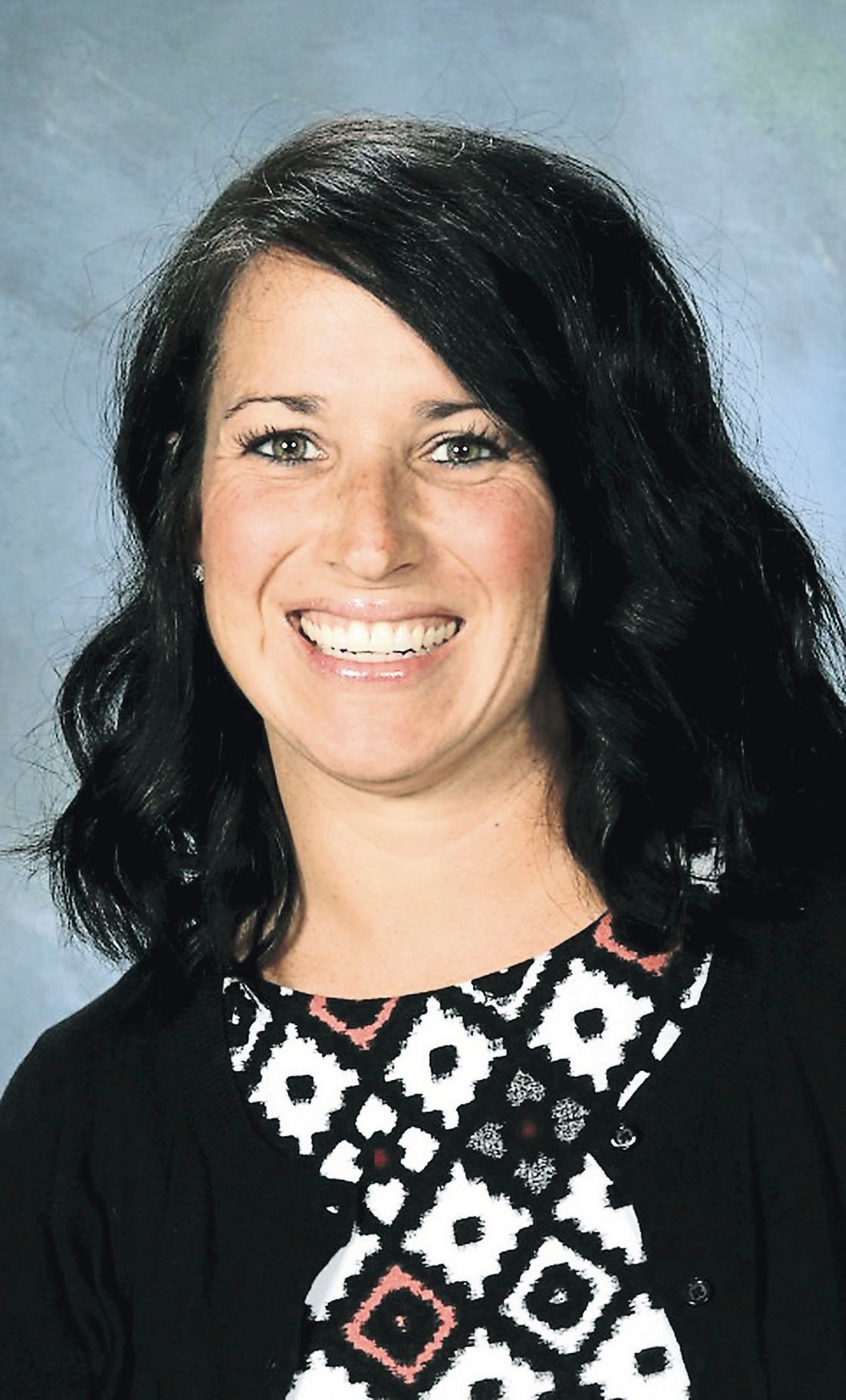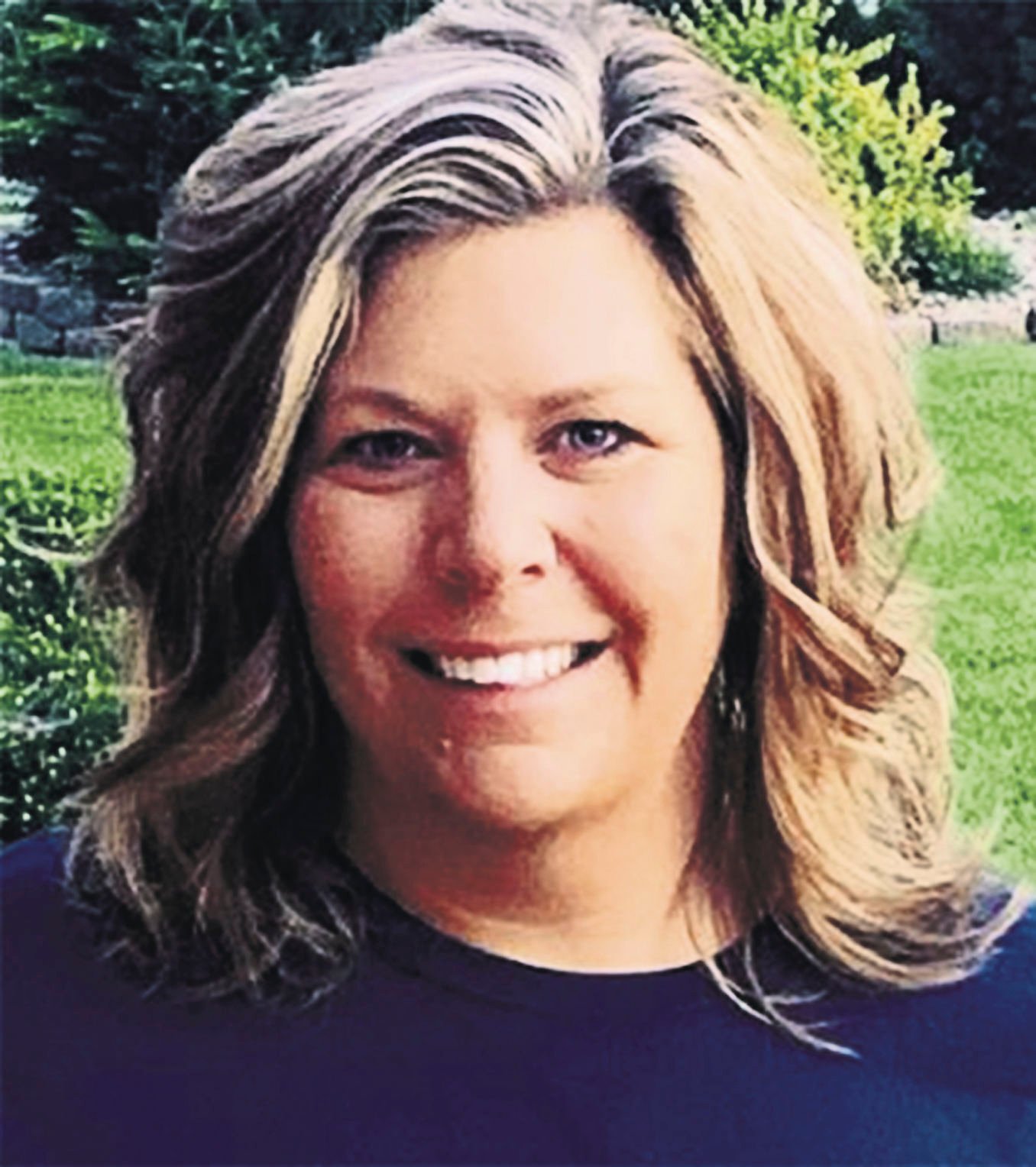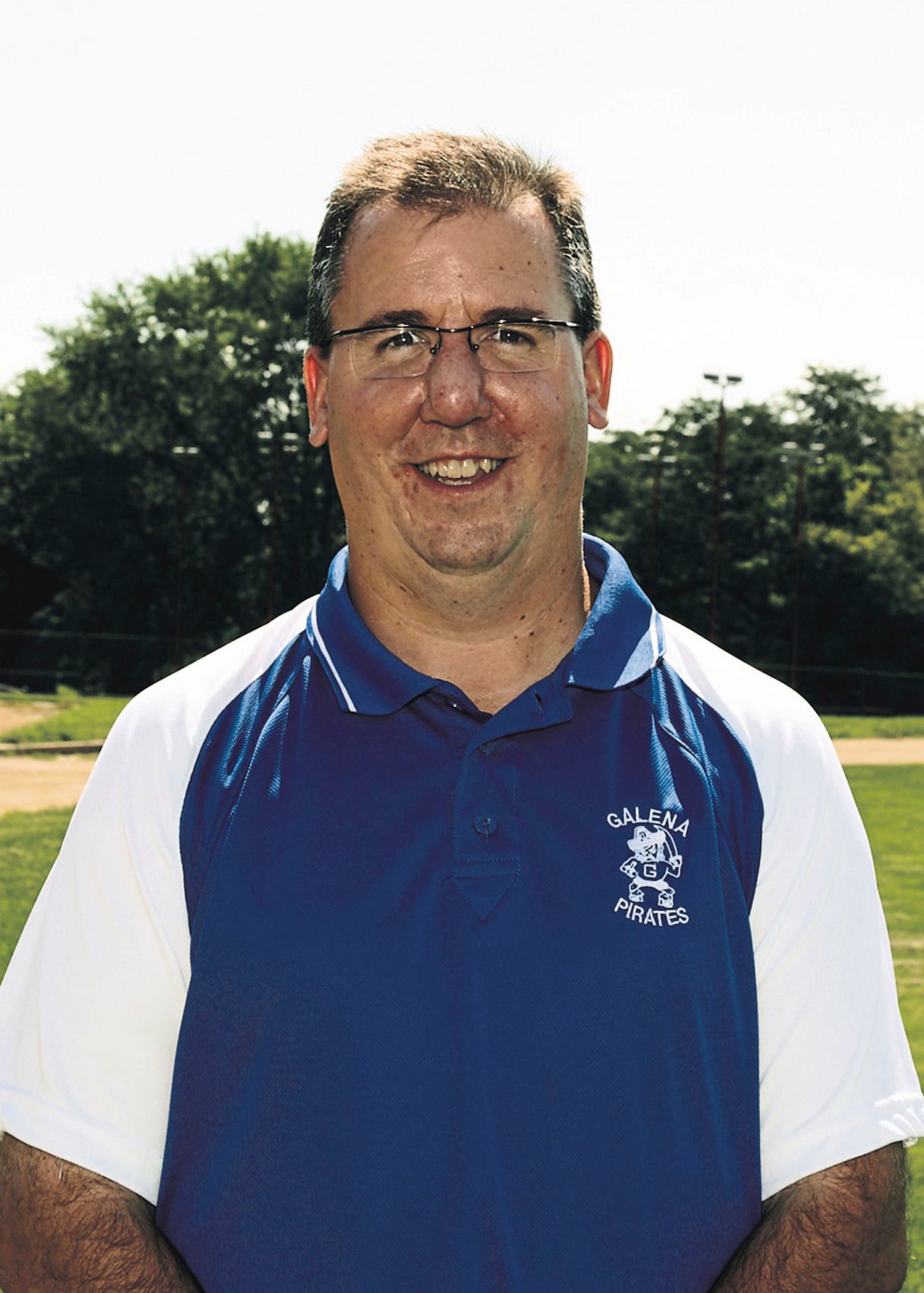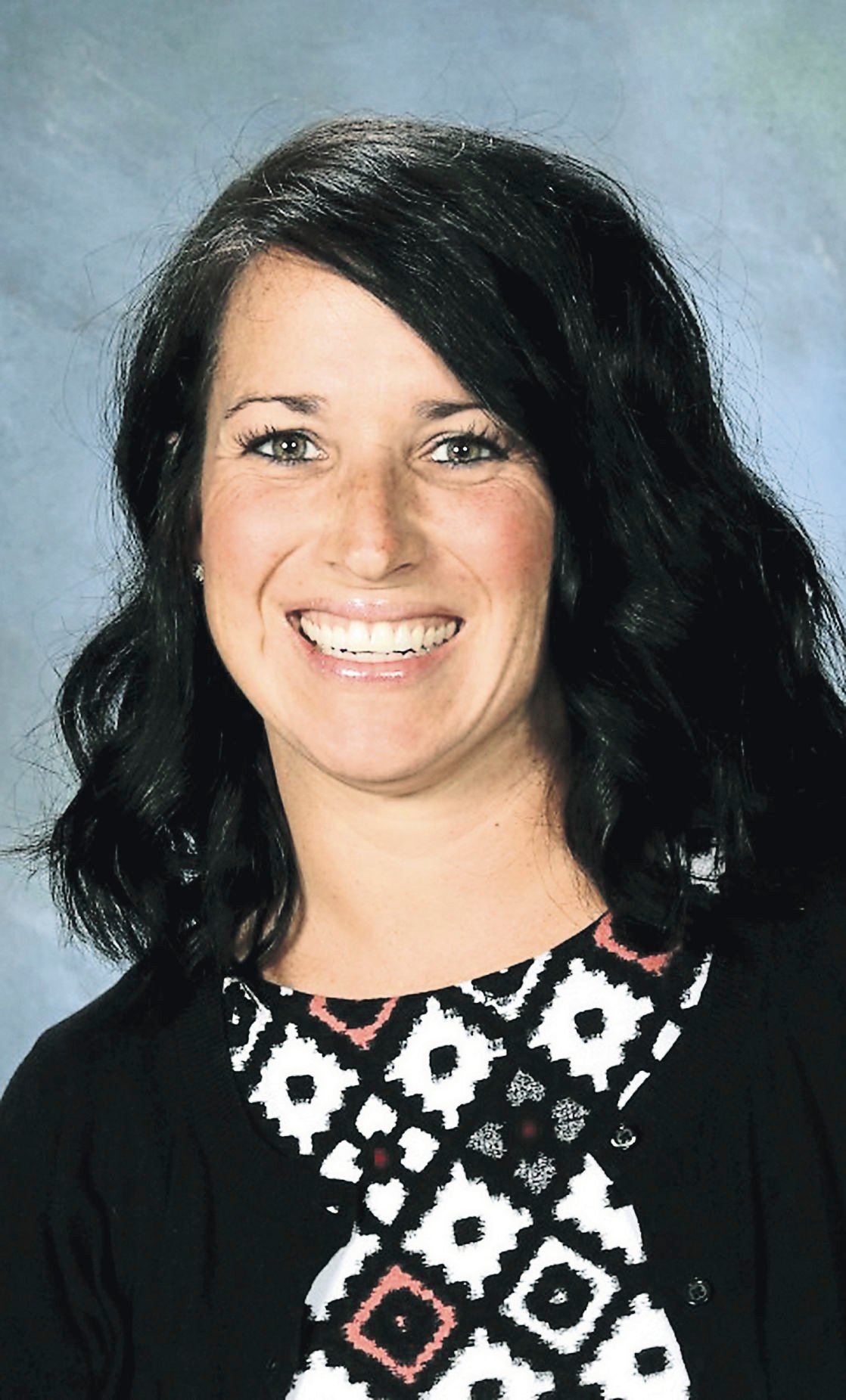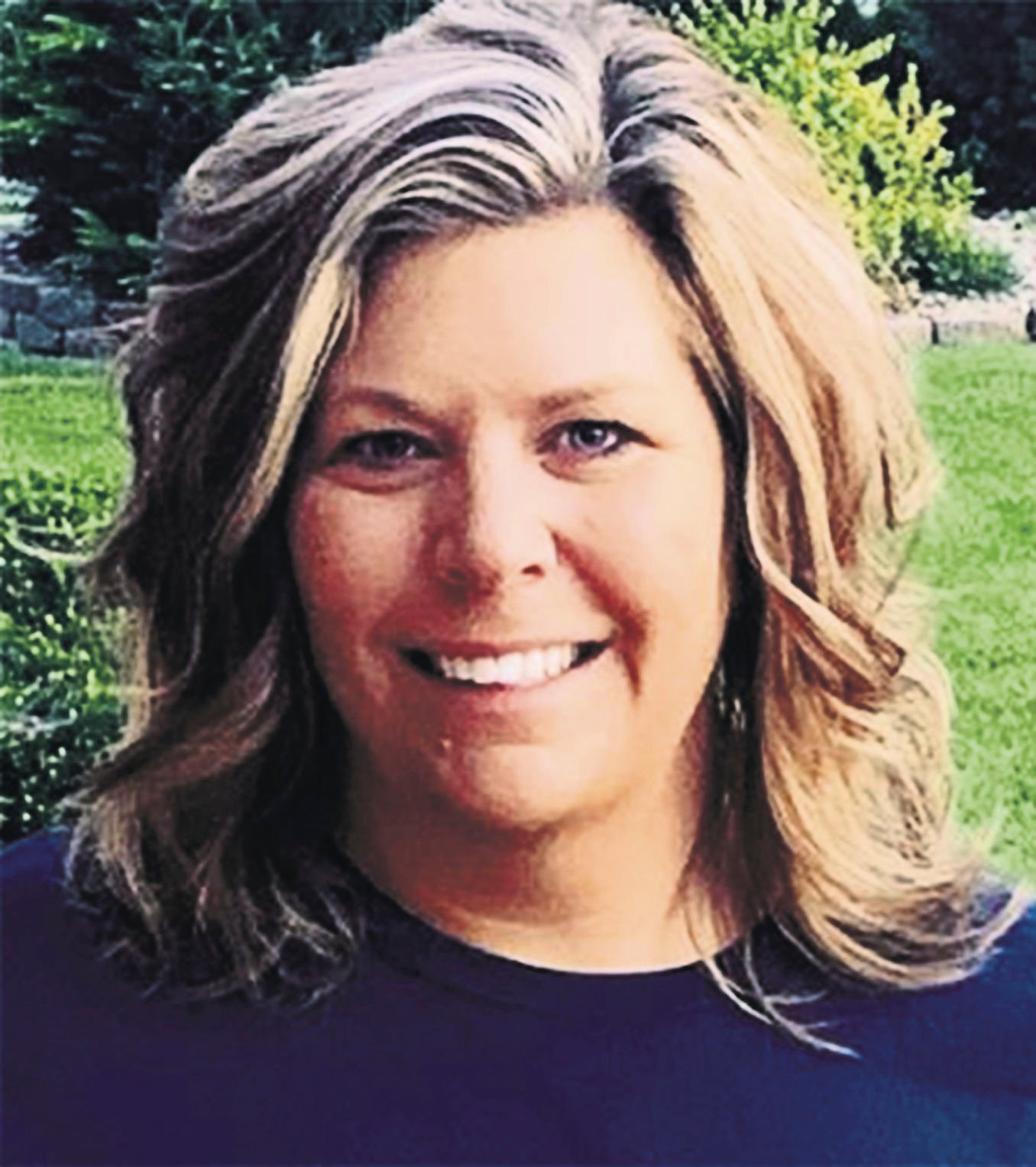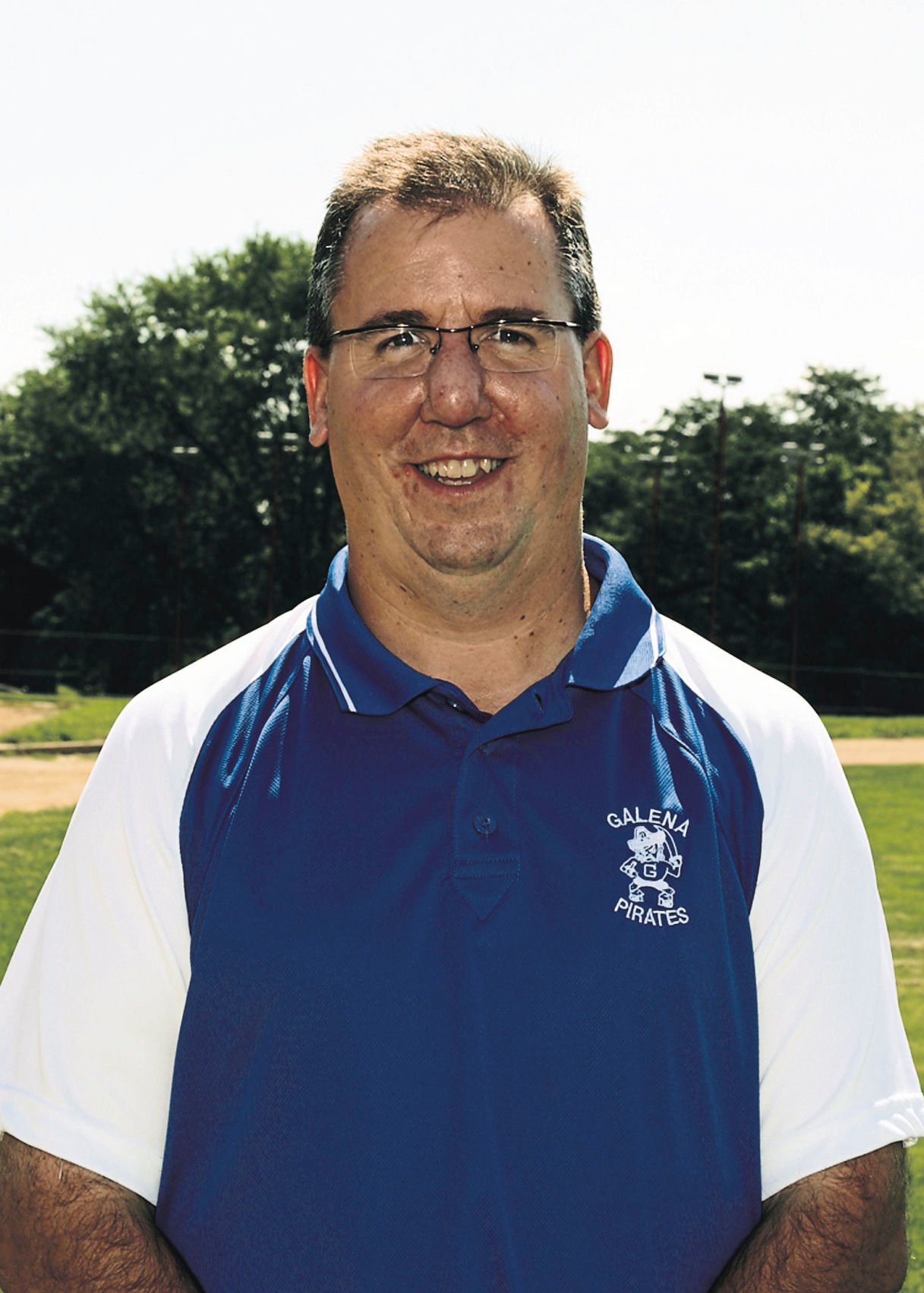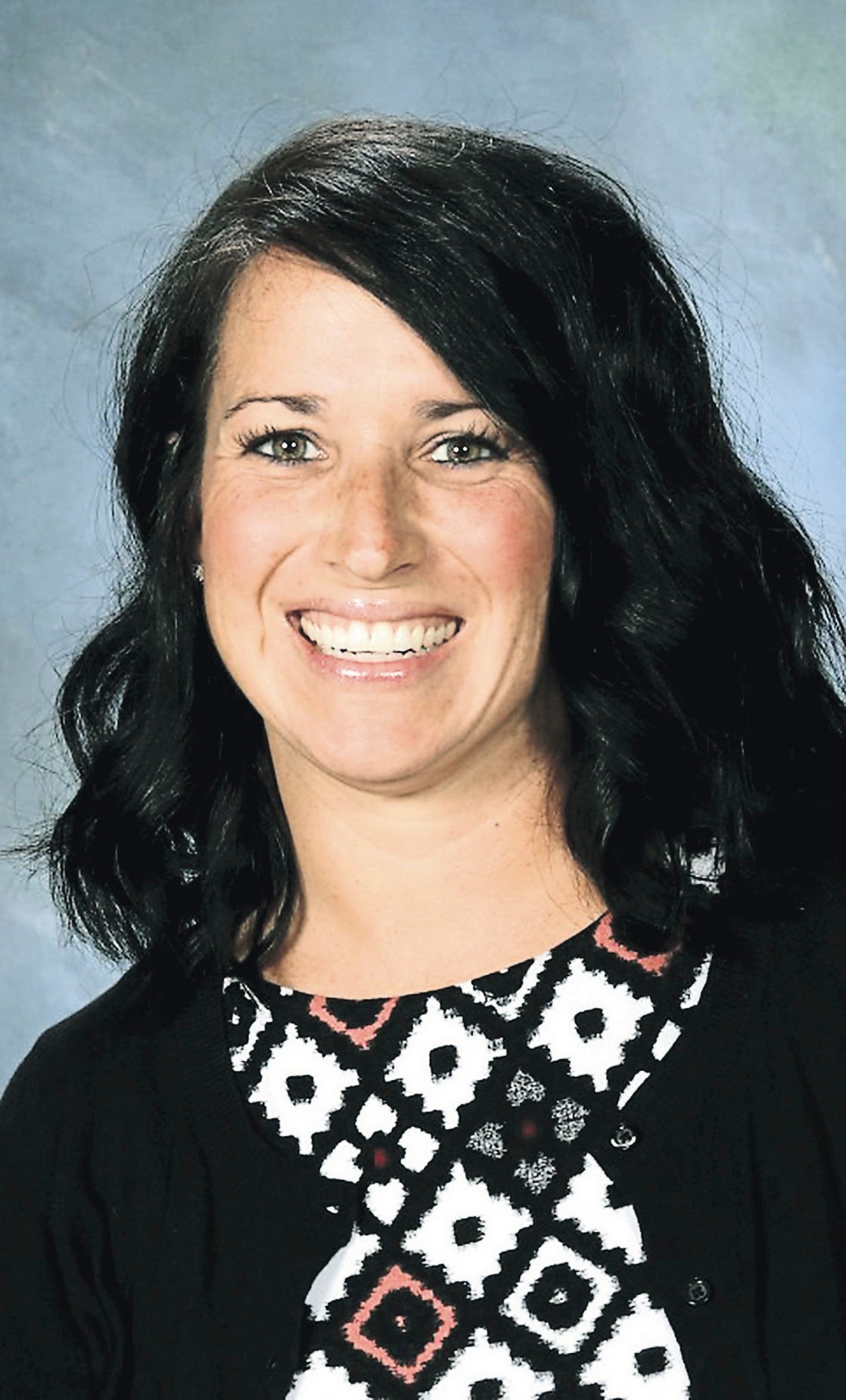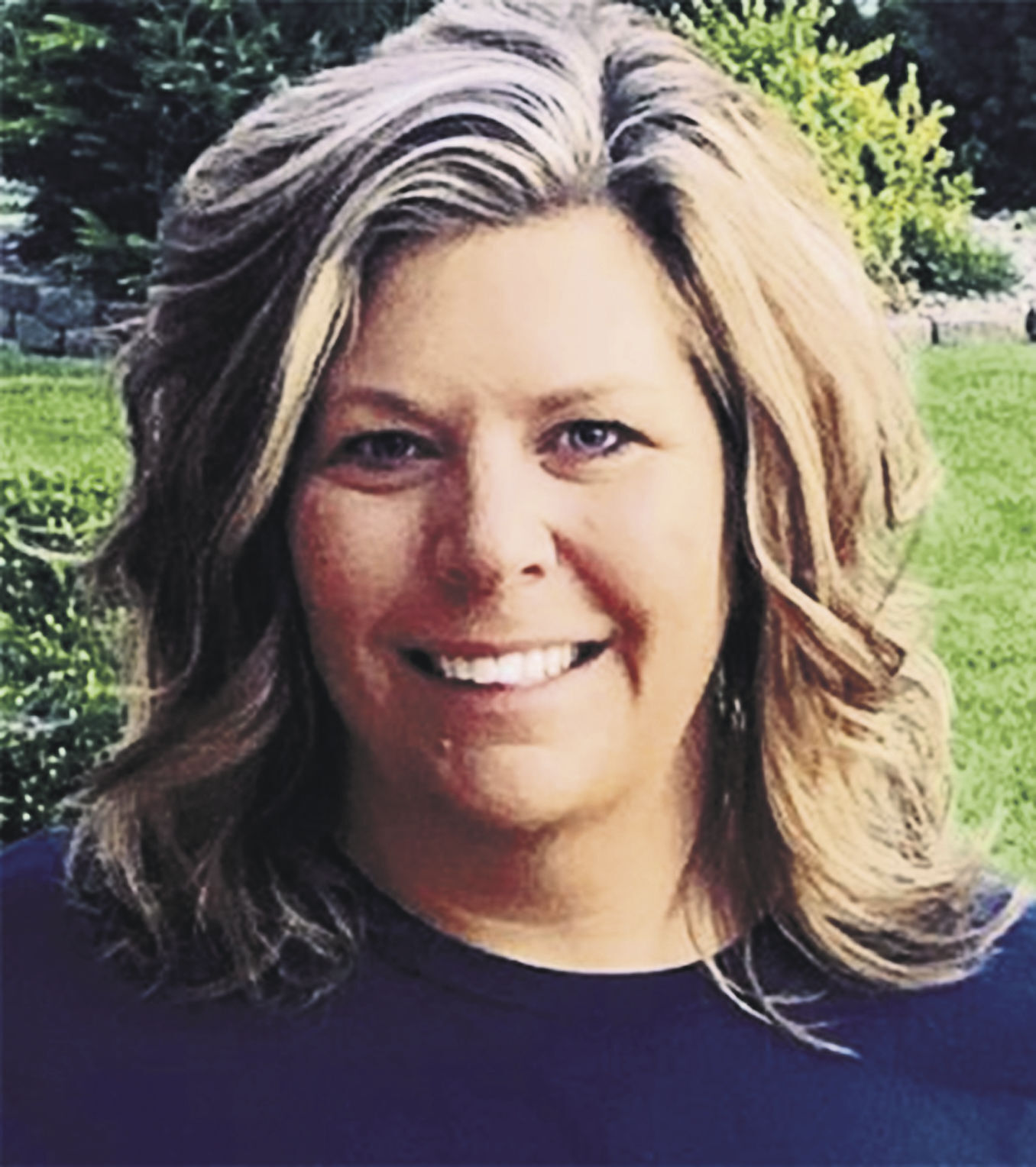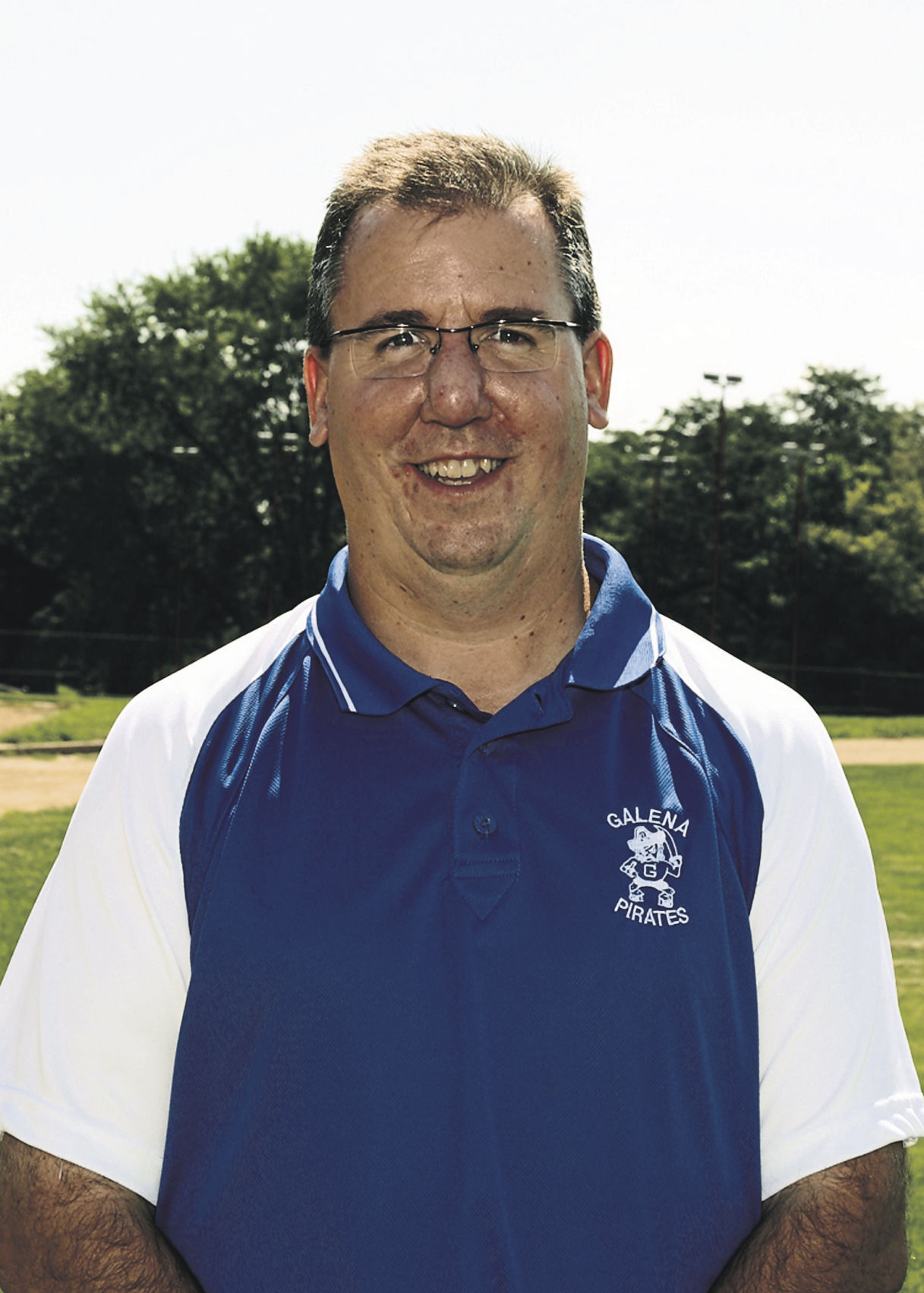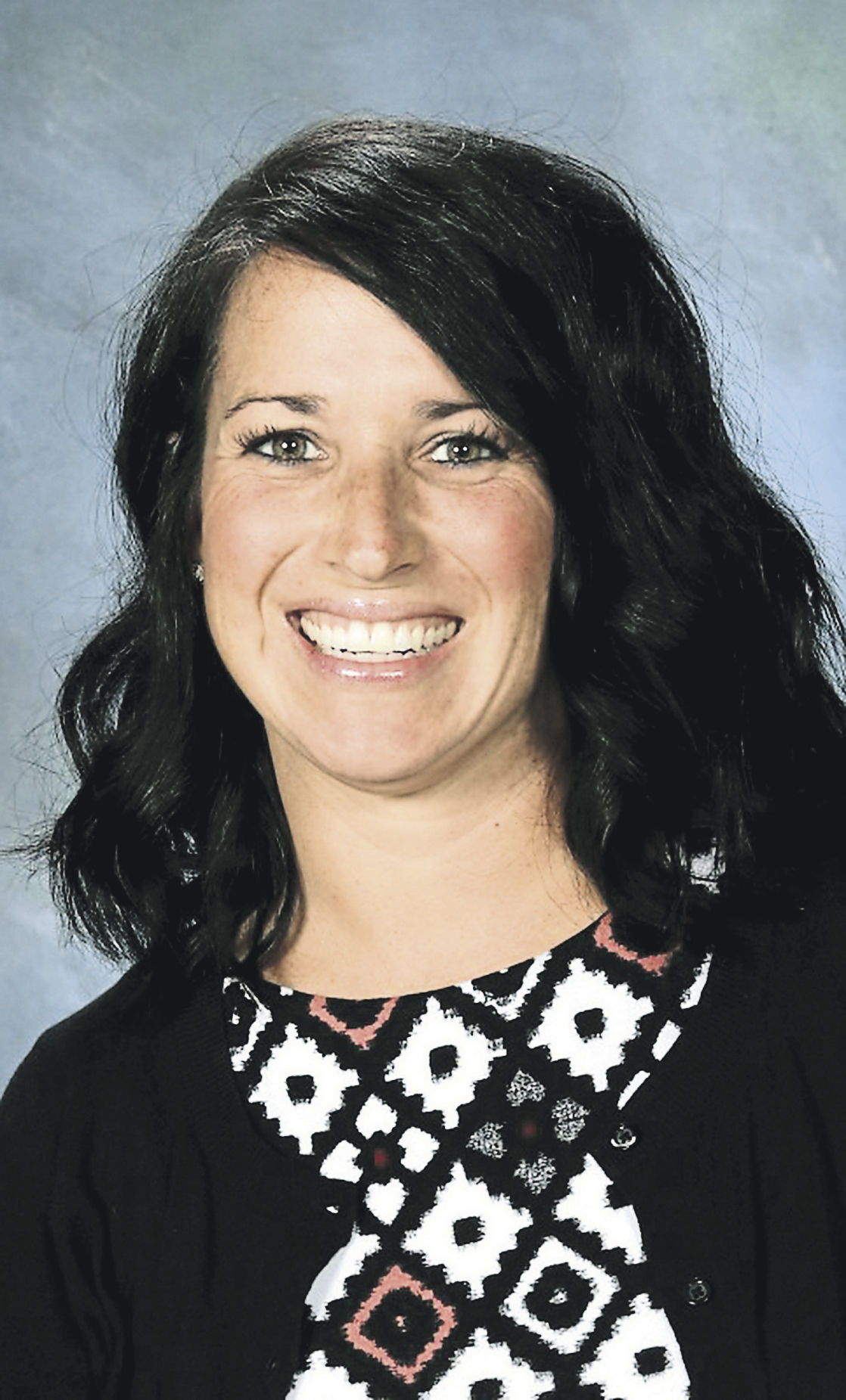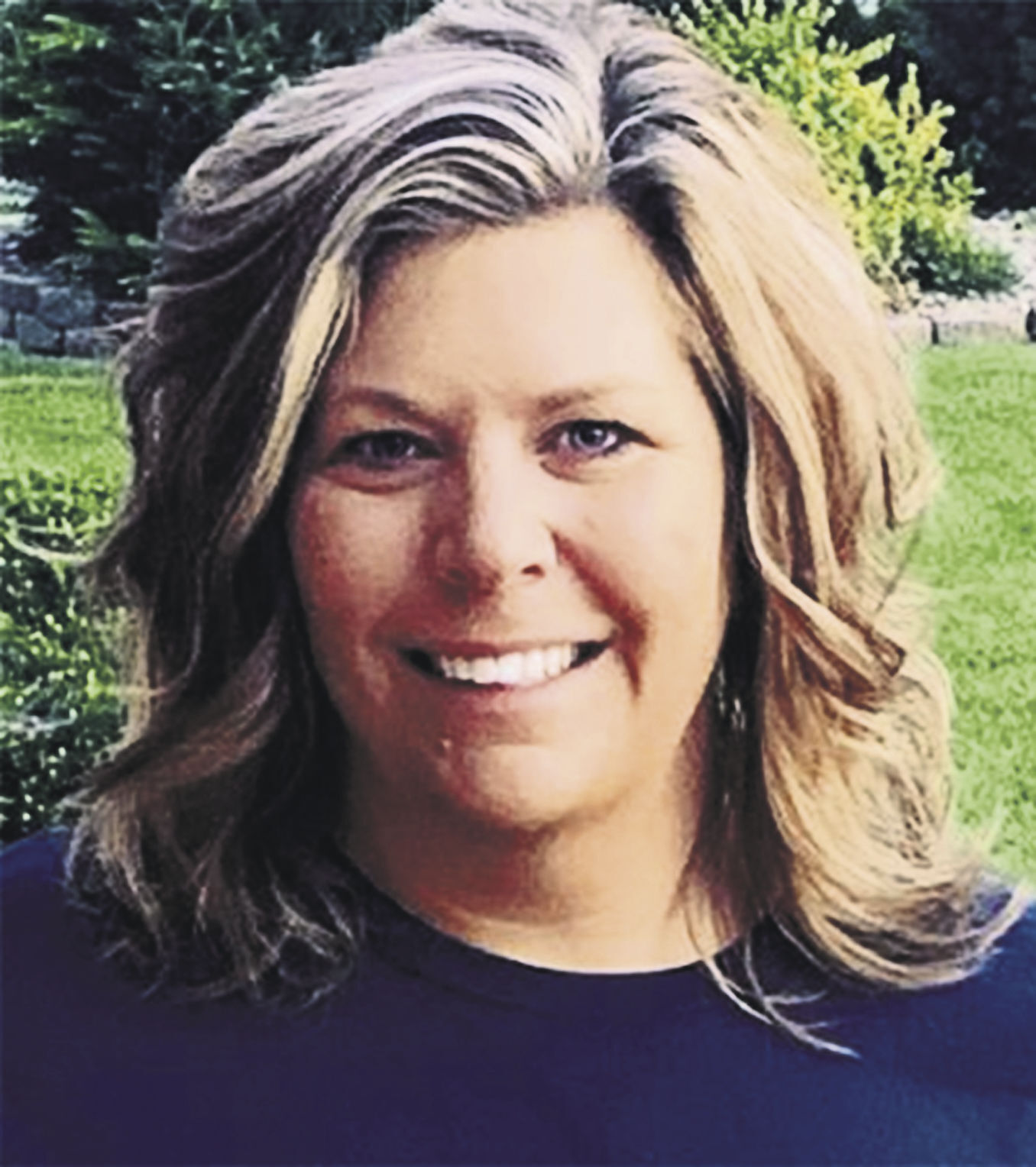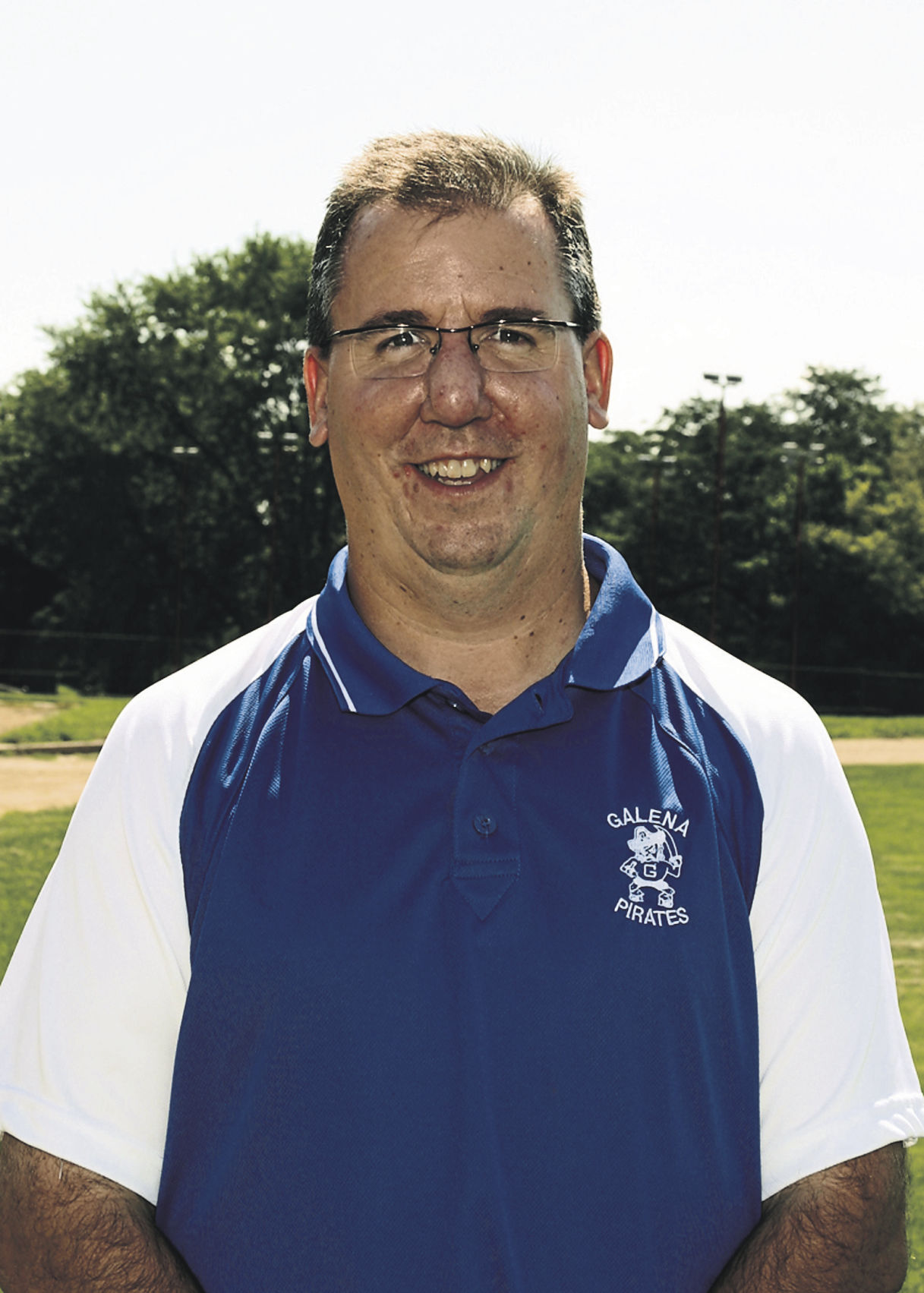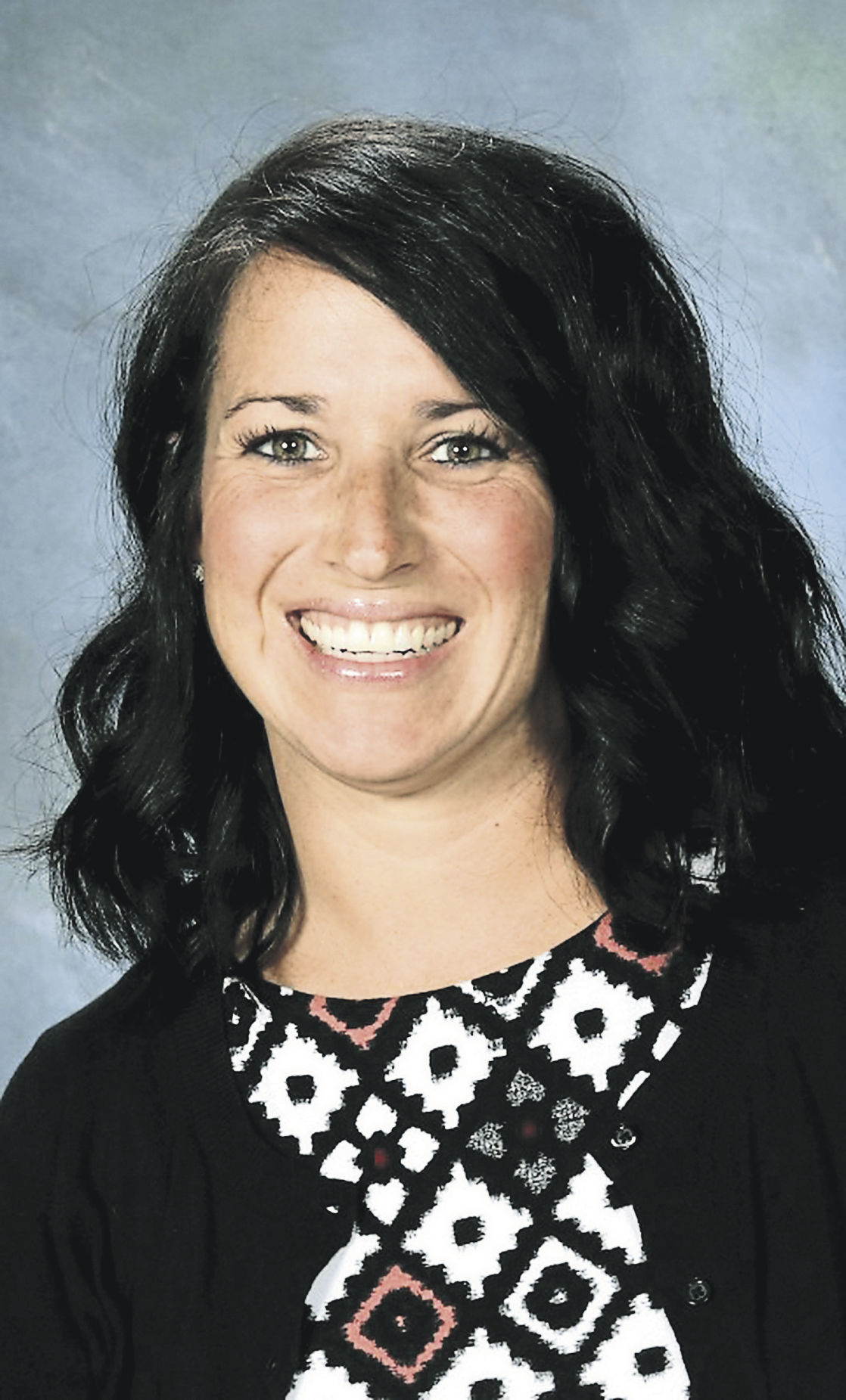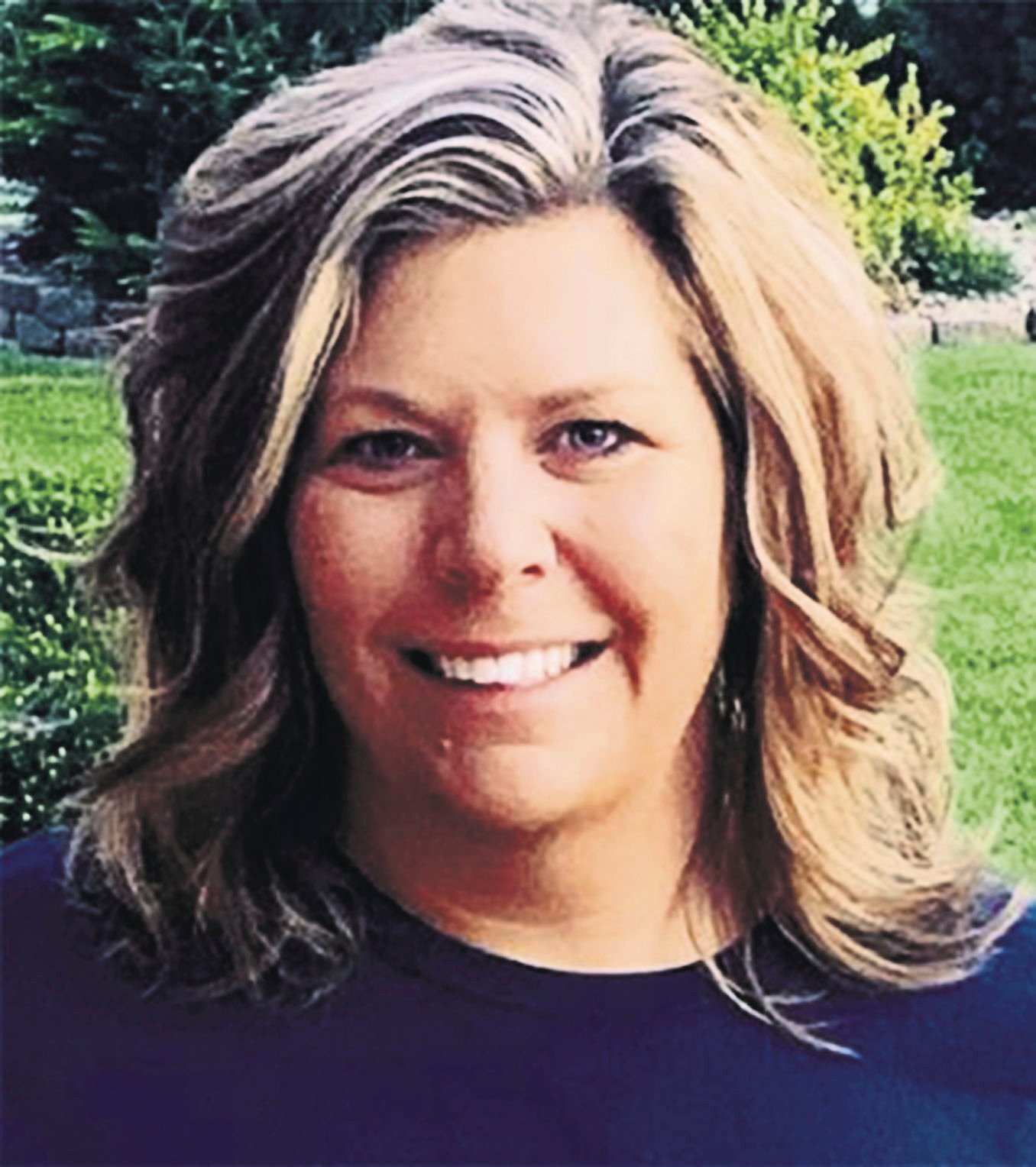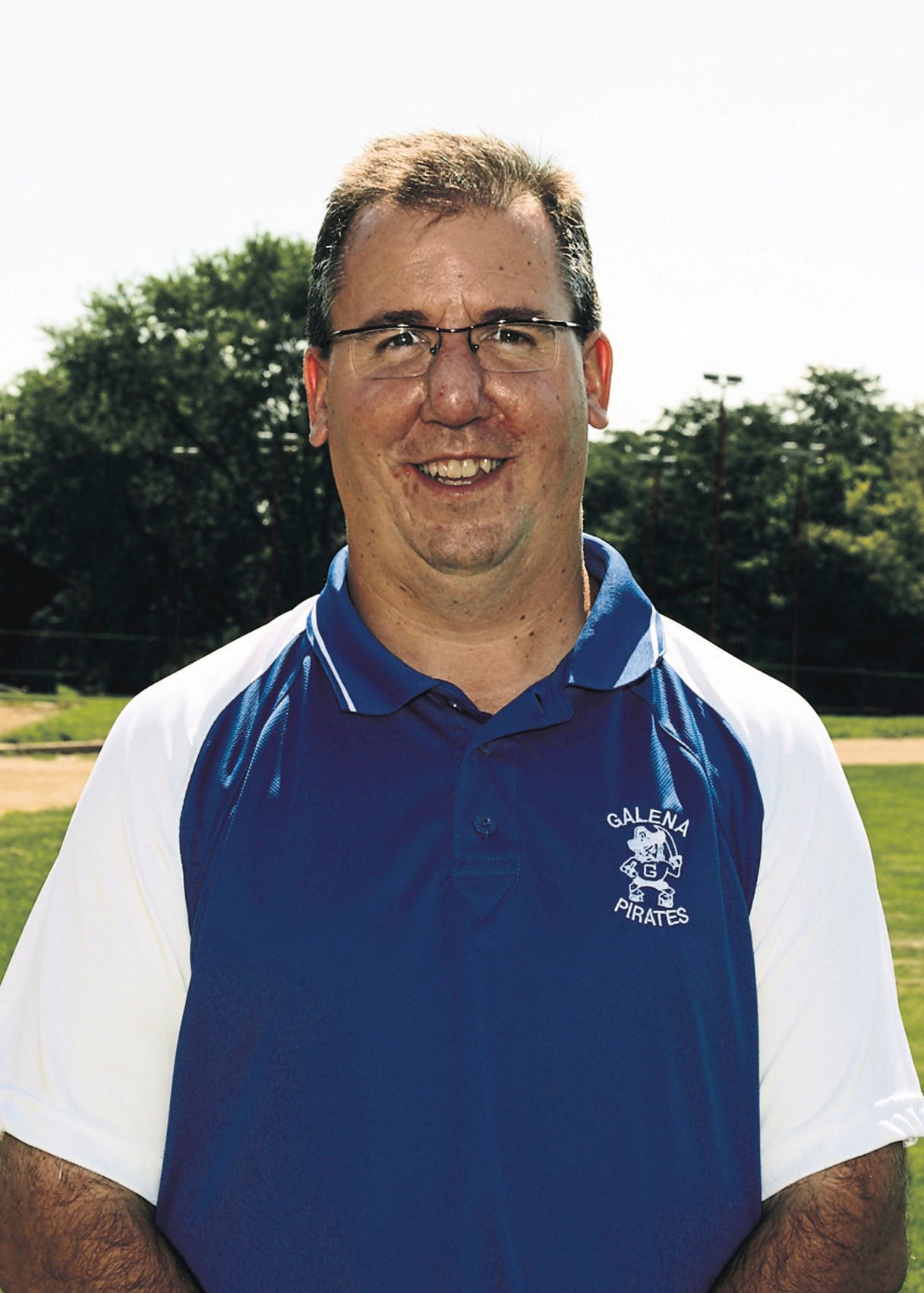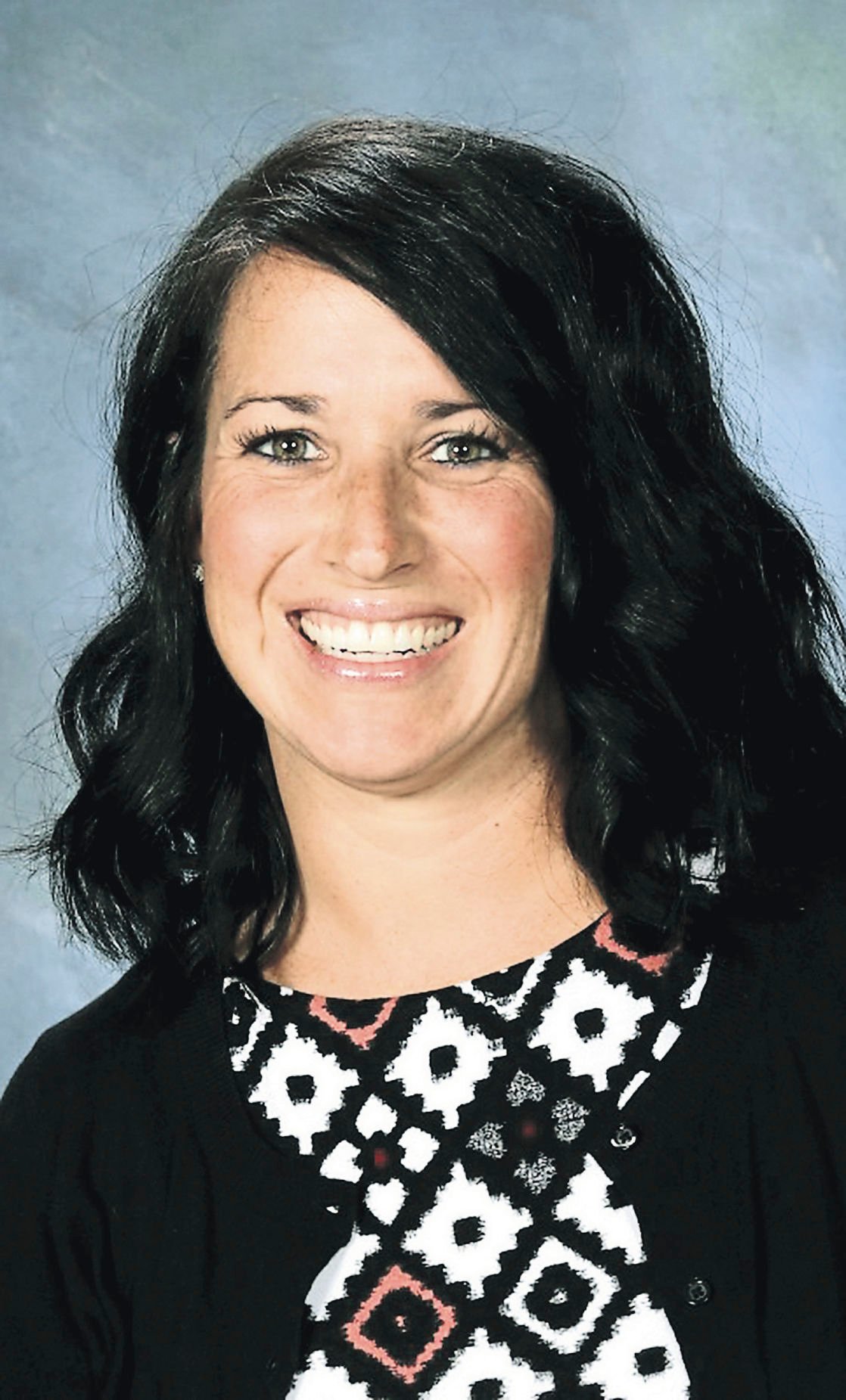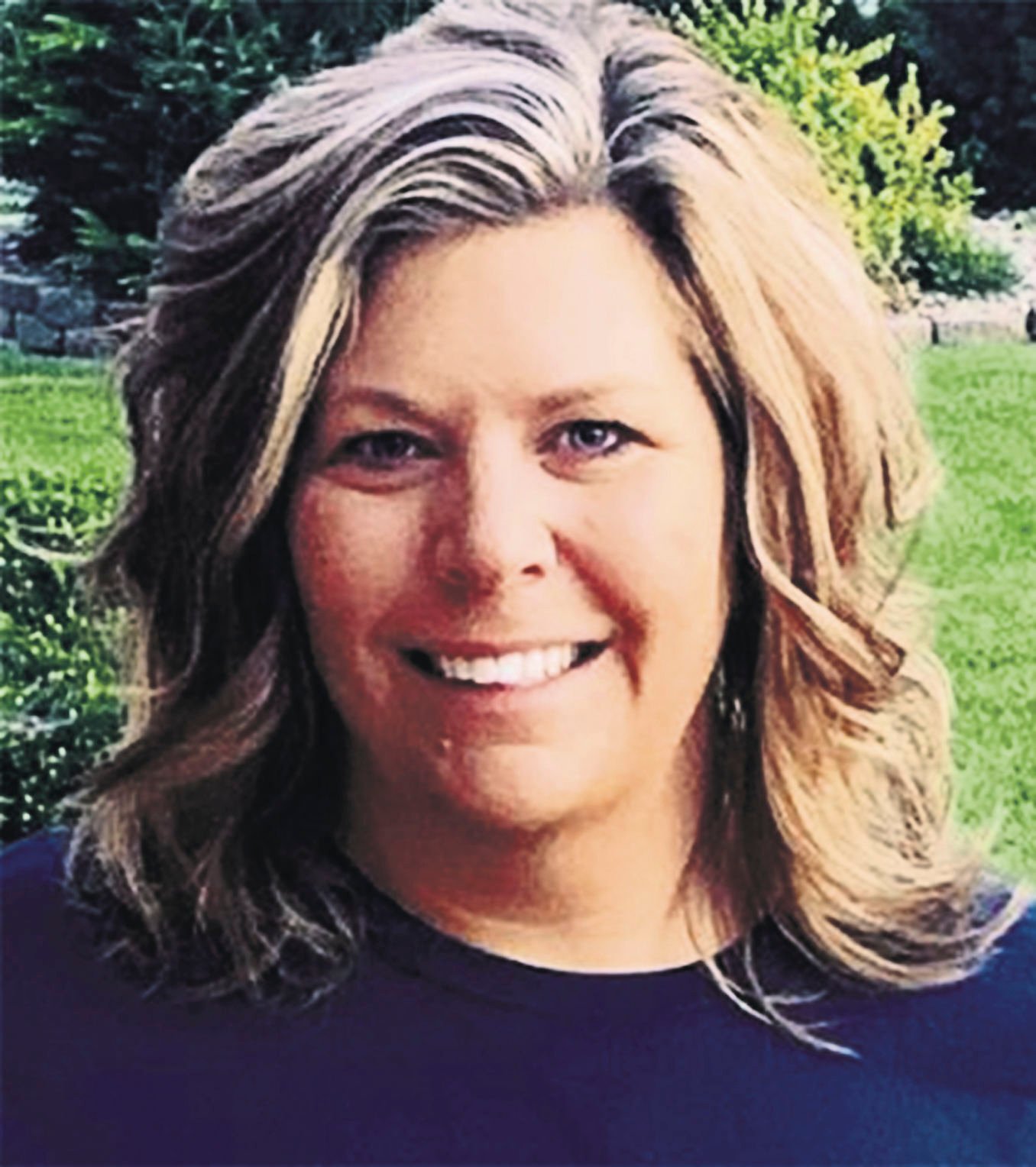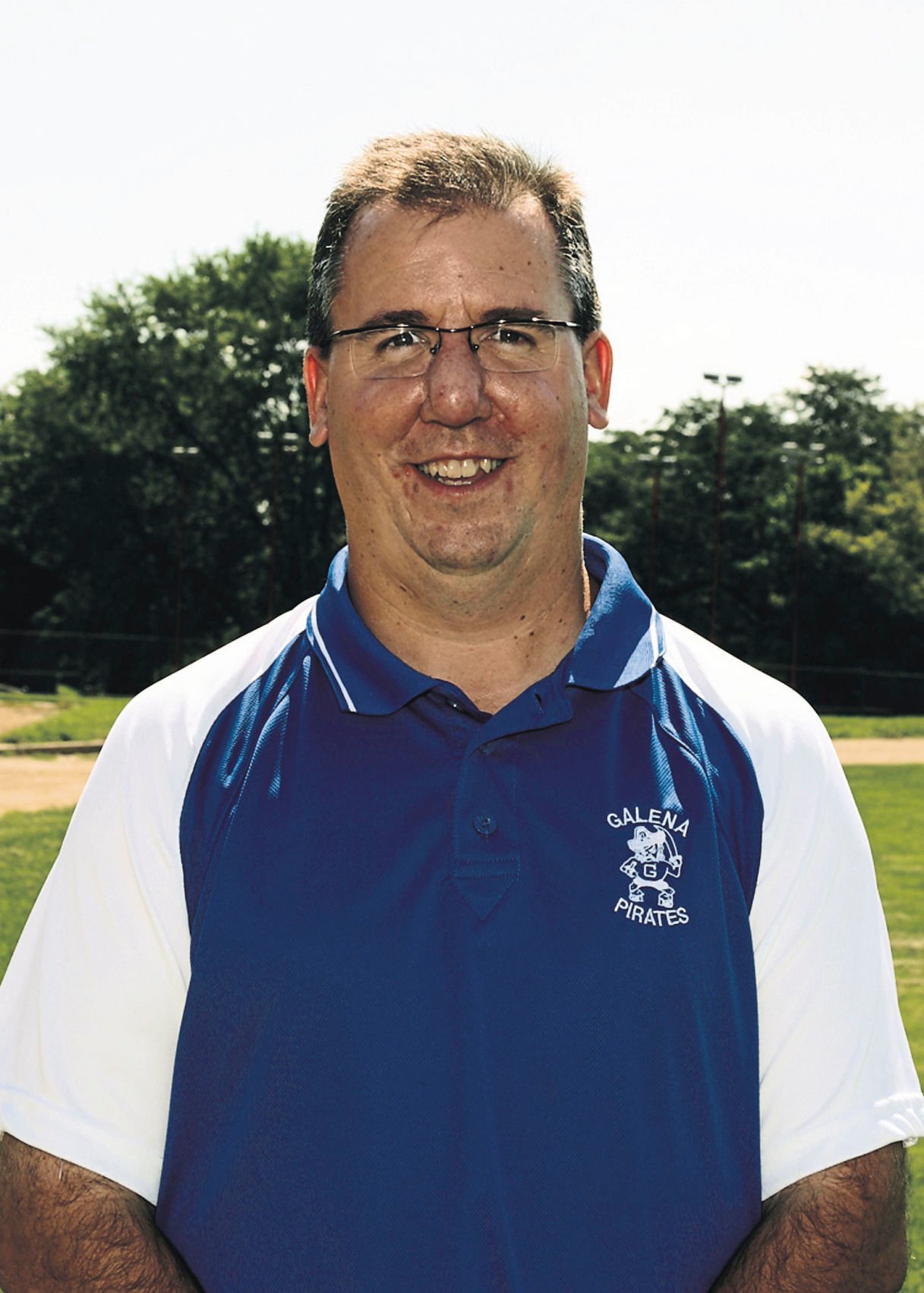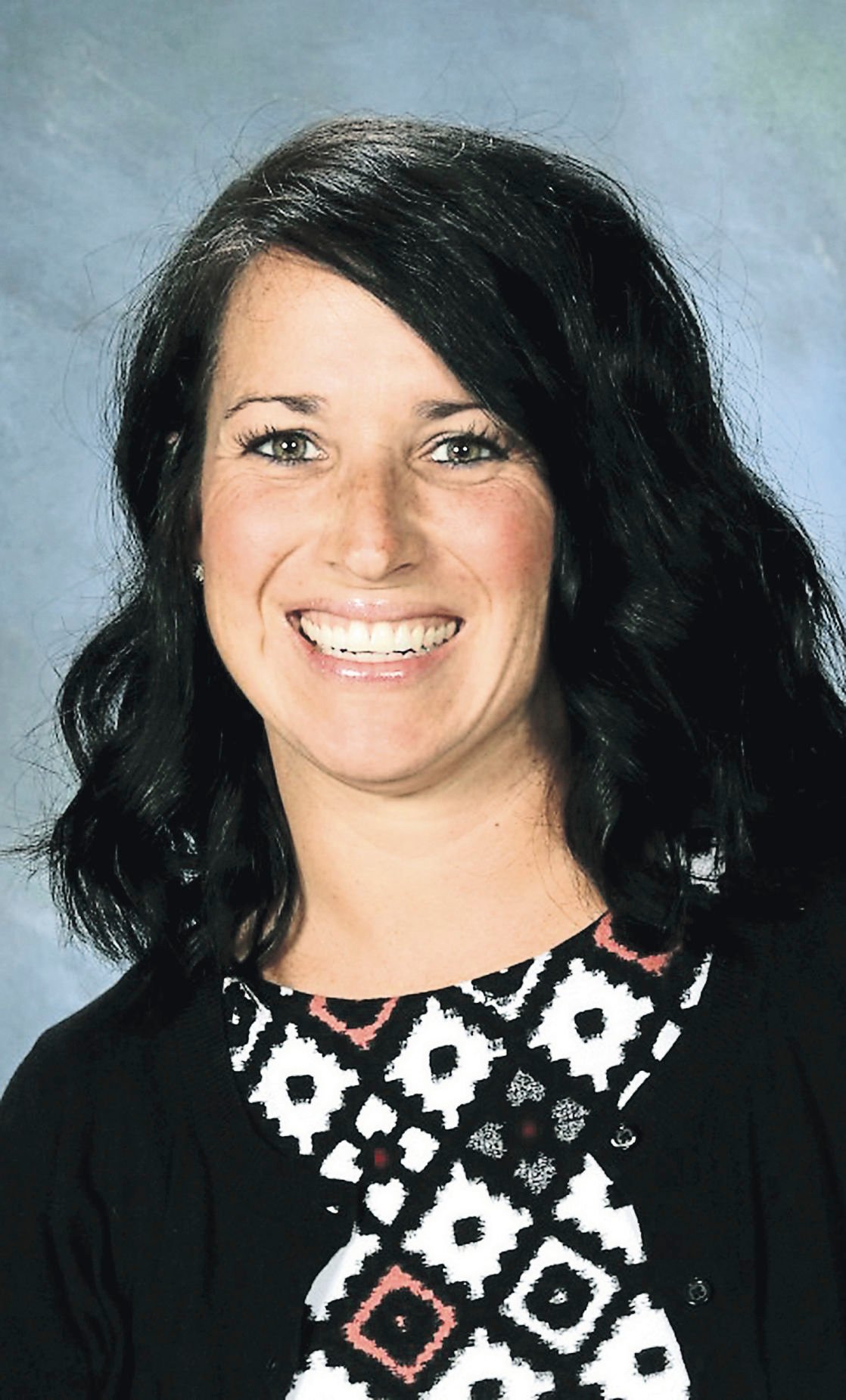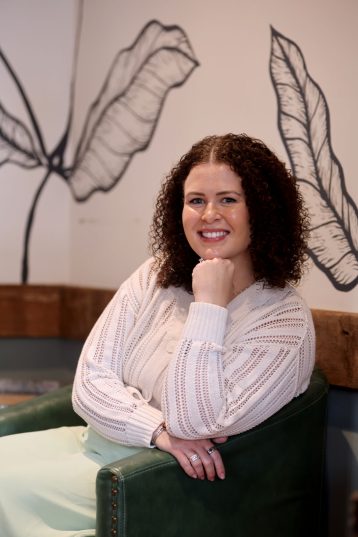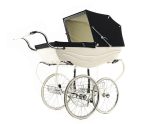While the 2020-2021 school year has come to a close, there are plenty of ways for local students to keep learning during the summer months.
Local educators said keeping kids academically engaged during the summer can help them grow as learners, as well as make the transition back to school in the fall a little easier. That’s important not just after a school year disrupted by a global pandemic but any year, they said.
“It’s going to help some of those transitions back into school in the fall and curb some of that slide for students that may lose some of those gains over the summertime,” said Angela Barth, principal of Southwestern Elementary School in Hazel Green, Wis.
With summer break now in full gear, educators offered several suggestions to keep kids learning over the summer.
Take advantage of school offerings. Educators in multiple local school districts noted that their schools are offering summer programming for children.
In the Galena, Ill., school district, officials set up a kindergarten-through-eighth-grade incentive program to encourage students to spend time working on reading and math skills, according to middle school Principal Ben Soat.
“Everybody did a great job this current school year of trying to catch up on curriculum and keep things moving along, and it’s still continuing, trying to keep kids going so that we don’t have a fall back,” he said.
Southwestern Wisconsin School District officials offer a summer enrichment program.
“We’re not unique,” Barth said. “There’s offerings all over. Every community tends to have their own offerings. It’s just families have to be tapping into those resources.”
Go to the library. Barth also encouraged families to make trips to their local libraries, which often offer programs for children. She also recommended parents ask their children what they are interested in and find books that tie into that.
“Reading is reading,” she said. “It doesn’t necessarily matter what you’re reading, as long as you’re reading. So tap into their interests.”
Work on literacy. Mandy Pfaff, an educational support leader for Dubuque Community Schools, likewise noted the importance of having kids read what they love to read.
For older students, picking out a book in the mystery genre can help sharpen their critical-thinking skills. For children still learning to read, parents can pull up lyrics to a song and have children listen along so they can see the lyrics and associate them with the words being said.
Families also can encourage their children to write by having them journal or asking them to write an alternative ending to a favorite book. You also can have children take turns passing around a sheet of paper, each writing a sentence to form a story.
“We want them to have fun,” Pfaff said. “Learning can be fun, but it’s not much fun when you’re just given, ‘Here’s a worksheet to do.’ It’s more fun to be creative with your learning.”
Play games. Kathleen Konrardy, director of special education for Holy Family Catholic Schools in Dubuque, noted that playing games as a family can help get kids learning. On a car trip, you can challenge your children to find something that starts with each letter of the alphabet. At the park, have your children look for things that start with a certain letter.
“Reading a book is fun, but often kids will play a game longer than read a book,” Konrardy said. “You can keep the learning going if you make it into a game.”
Use what you have. Jenna Schroeder, a kindergarten teacher and summer school coordinator for the Potosi (Wis.) School District, noted several learning-oriented activities families can do using common items.
You can use a pizza to talk to your kids about fractions, or practice rolling dice and adding the numbers together. You also can find science experiments online to complete with items around the house, she said.
For a creative outlet, use water and a paintbrush and let children write on concrete, or make musical instruments by filling glasses with water at different levels or putting beads in a toilet paper roll and covering each end.
“Creativity is a big thing — having to try and figure it out, and then if it doesn’t work, what can they do to change it to make it work,” Schroeder said. “It’s just that problem-solving and thinking.”
Take a break. Konrardy noted that while educators want kids to keep learning during the summer months, children also need time to play and relax.
“Kids need a little time to recharge, too,” she said.
Allie Hinga writes for the Telegraph Herald.

